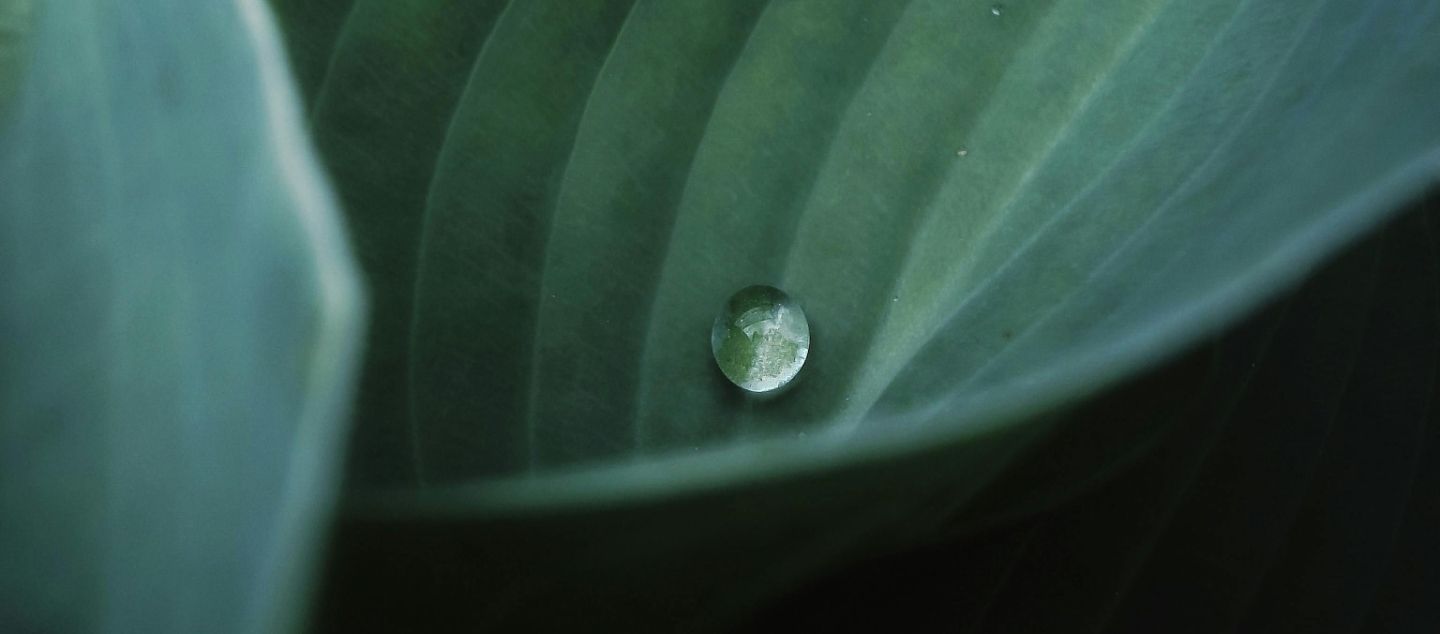
film
Roman Krznaric on How You Can Train Empathy
Explore the fifth habit of highly empathic people: expanding your cultural vision.
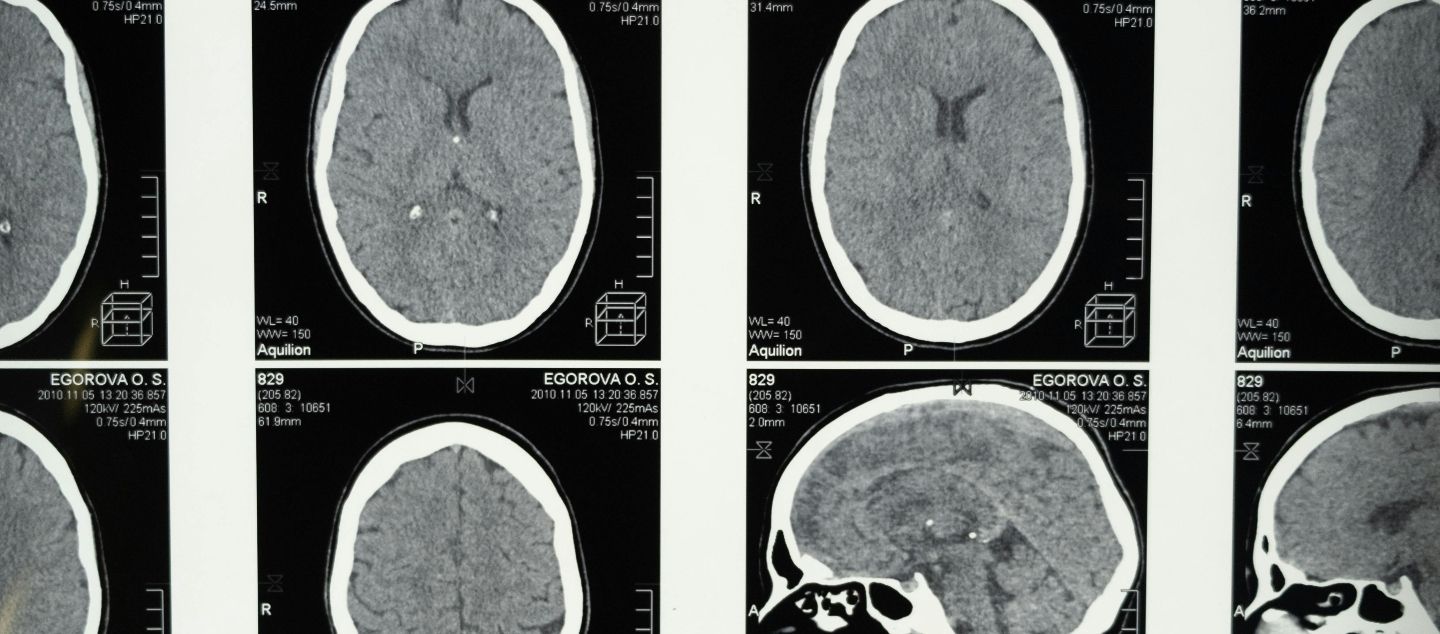
film
Erin Manning on Neurodiversity as a Colonial Metaphor
"I began to see neurotypicality as whiteness, let me explain..." Erin Manning sees neurodiversity as a metaphor for the organization of bodies that is ripe in dominant culture
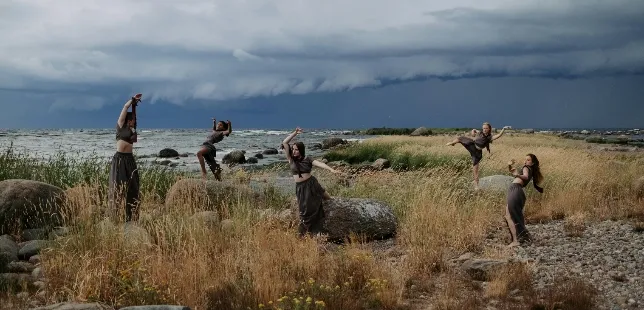
film
David Abram on How The Earth Used to Speak to Us
Learn about the heart of oral culture and how it changed the way we relate to the utterances of the Earth; about traditions where storytelling was relational, where every being, from wind to river to lichen, was part of the conversation.
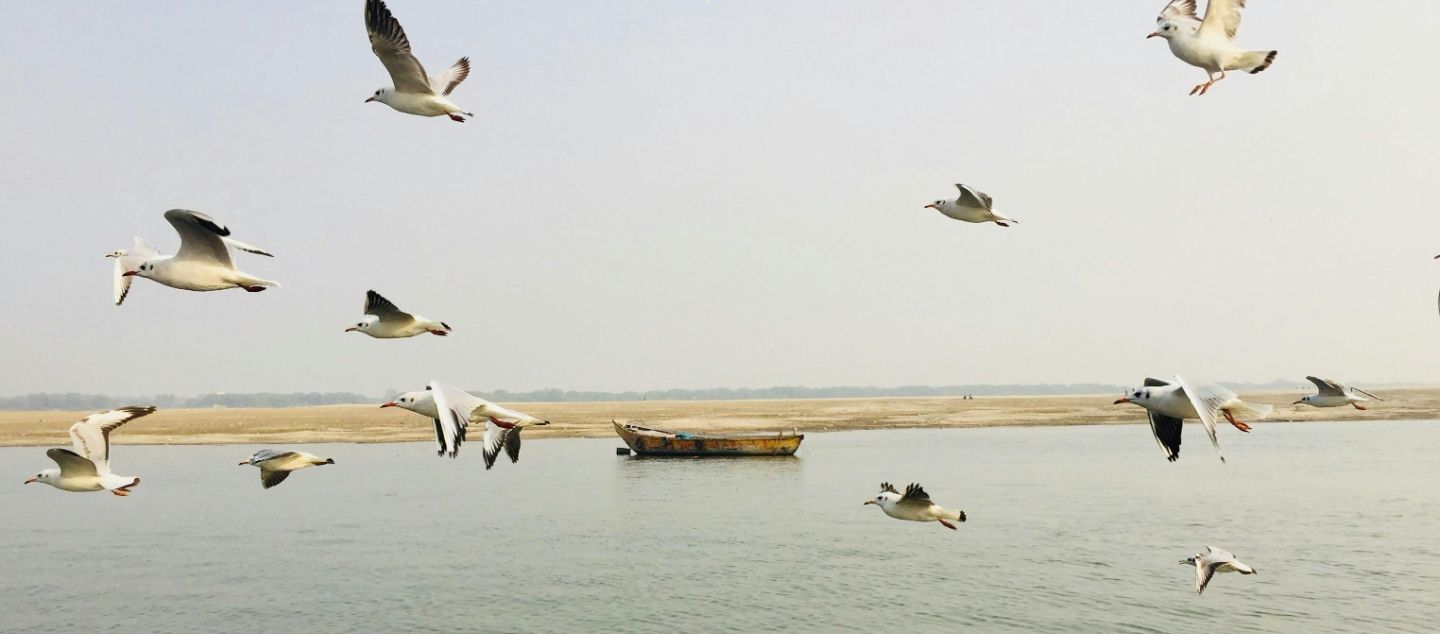
film
Vandana Shiva on Water Wars
Learn about how we have severed our relationship from the sacred wisdoms of water with renowned Indian scholar, environmental activist, food sovereignty advocate, ecofeminist and anti-globalization author: Vandana Shiva.
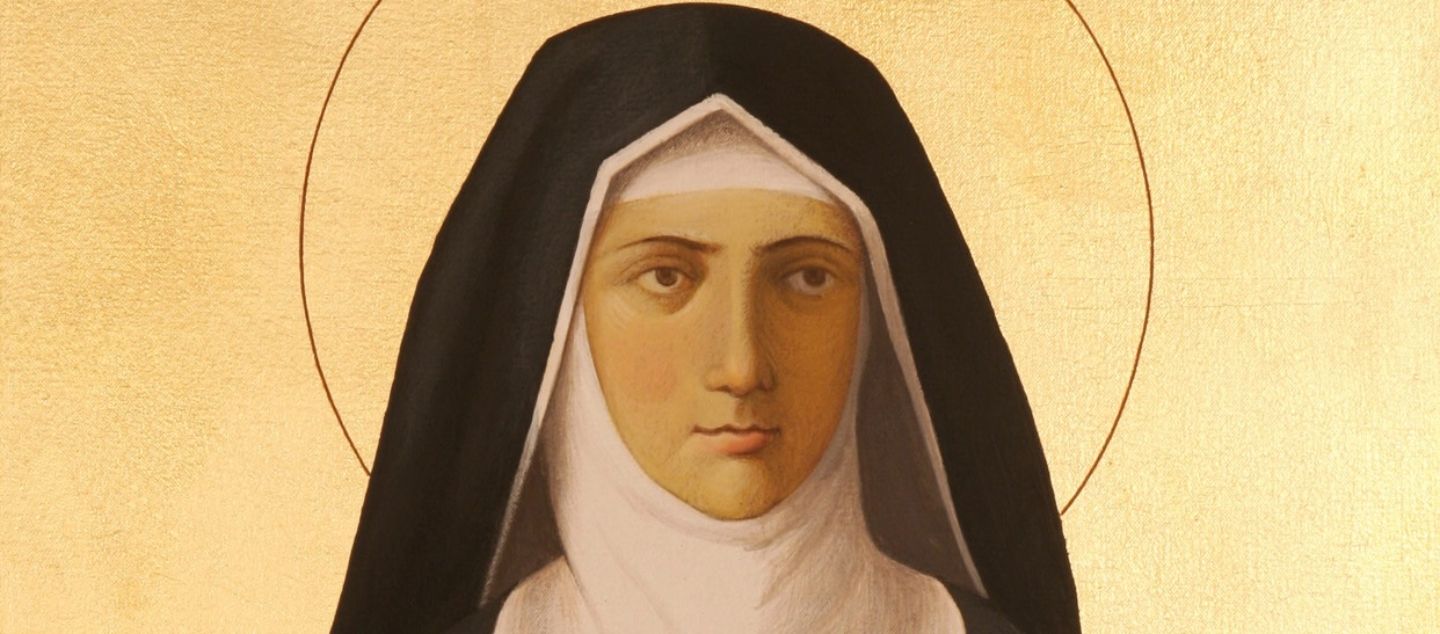
film
Matthew Fox on Hildegard’s Vision of Interdependence
What if the universe is a living nest, holding you, nourishing you, and asking you to do the same?
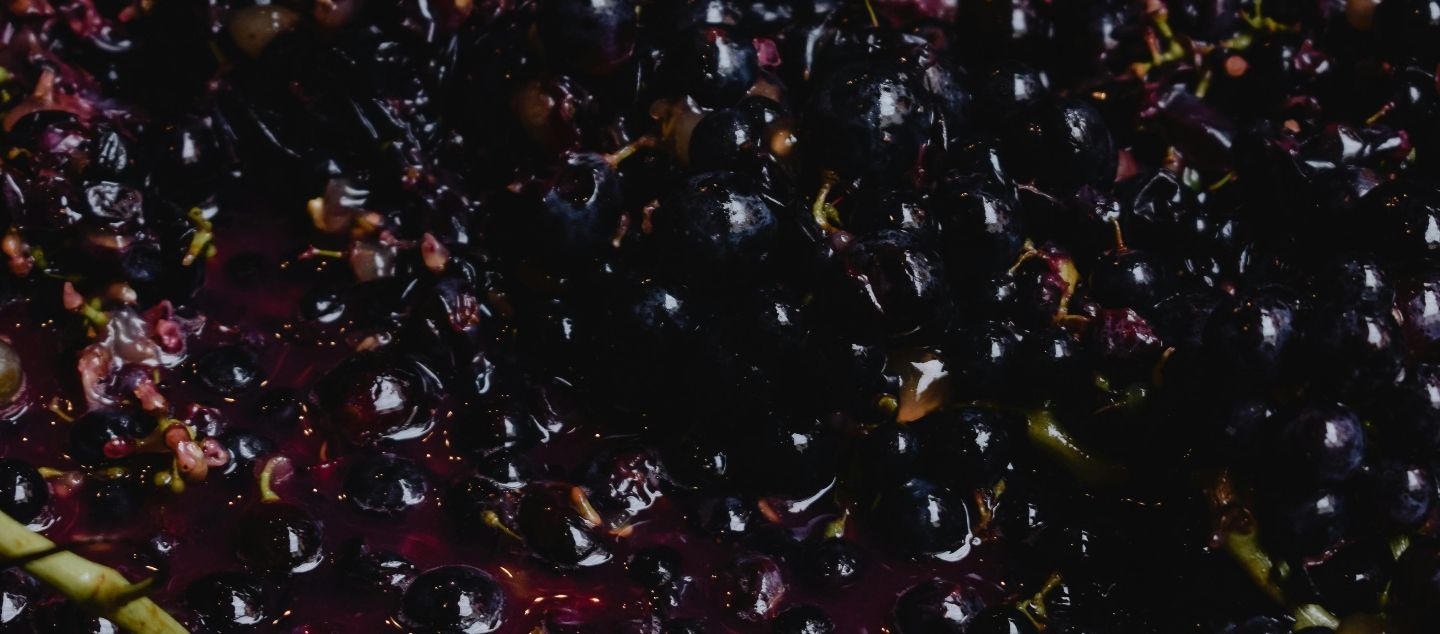
film
David Zilber on How Fermentation Built Civilization
What if microbes are the hidden architects of human society and your daily life?
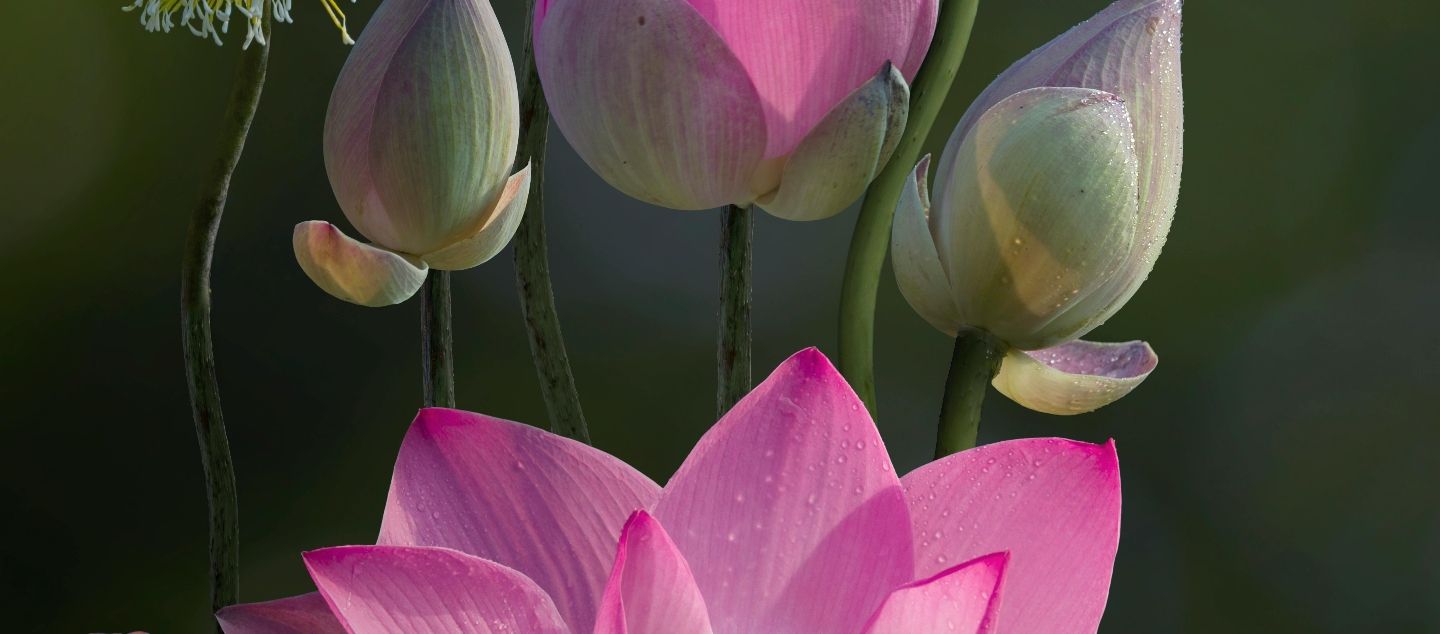
film
Charles Eisenstein on Ancient Mythology About Birth
How has the current medical model lost touch with inner wisdom and healing power of the Earth
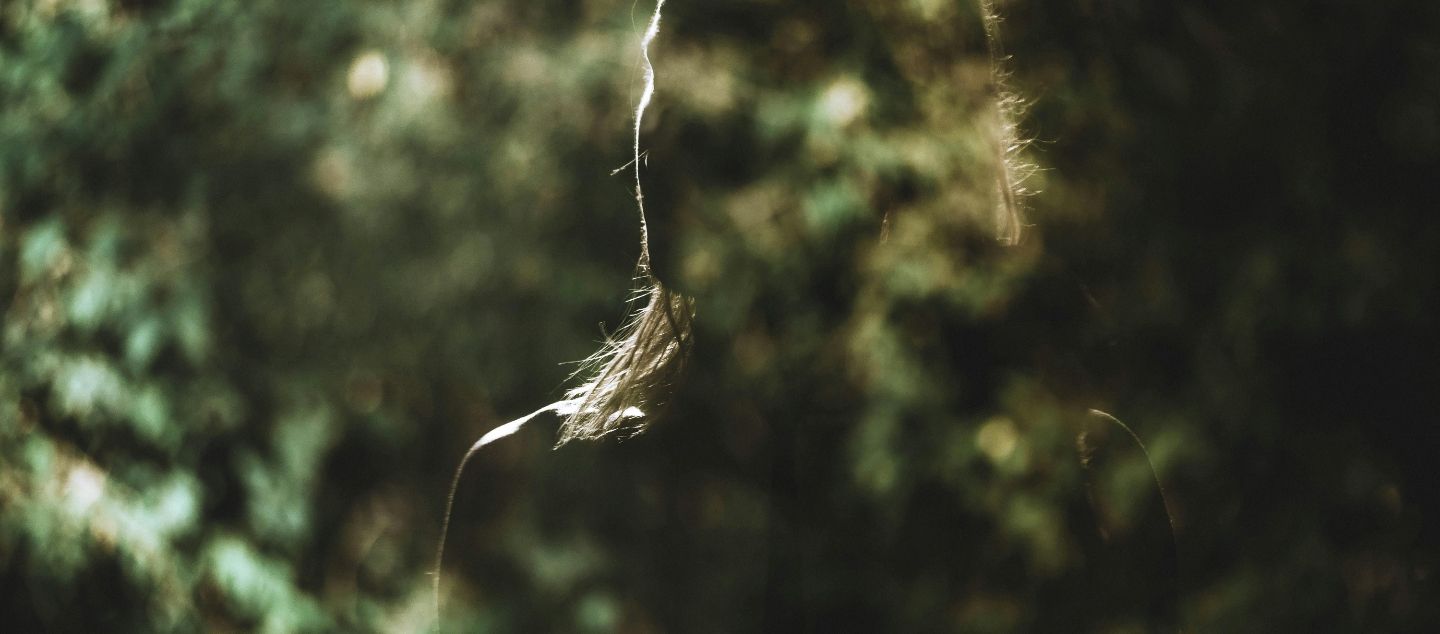
film
Max Dashu on the Many Historical Names for Witch
Learn about the numerous different names of the witch in linguistics and cross-culturally in this excerpt from Max Dashu's course, Secret History of the Witches

film
Andreas Weber on Thinking With Your Heart
The heart is a brain in its own right, a complex nervous system with its own memory, perception, and decision-making powers
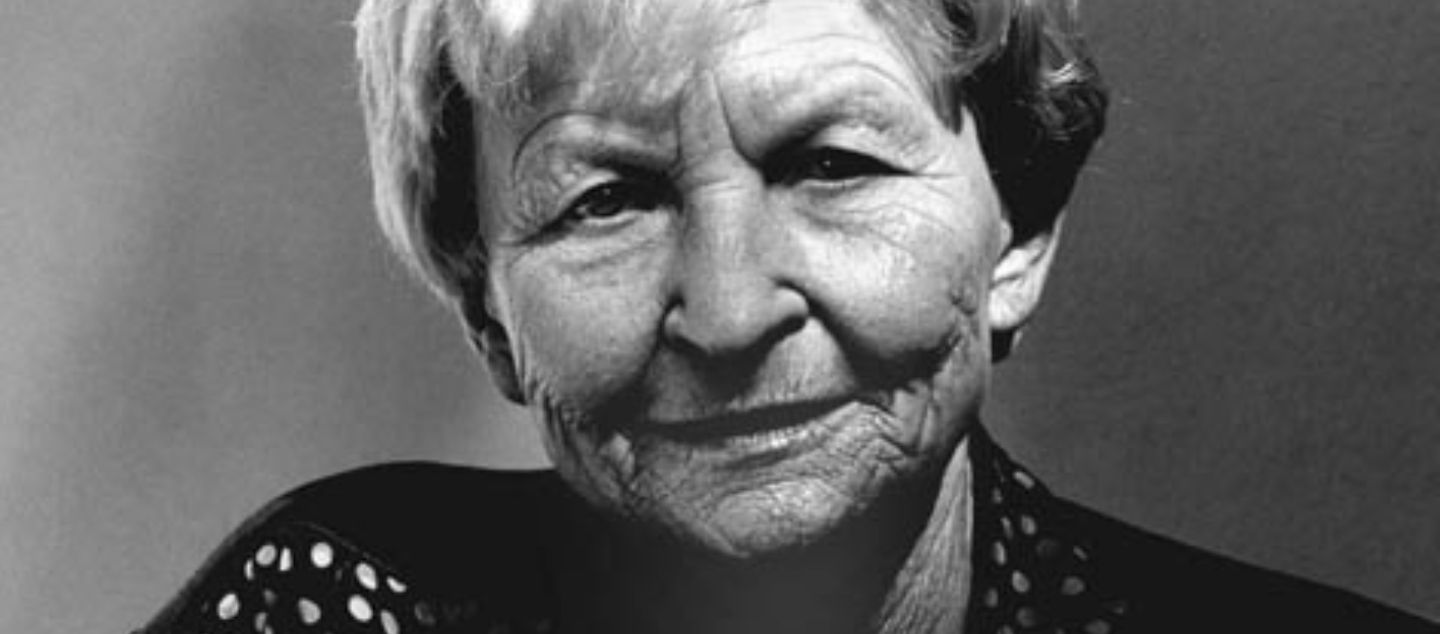
film
Sylvia Linsteadt on Matrilineal Civilisation
Explore how Marija Gimbutas reshaped the fields of archaeology and feminism, challenging the foundations of conventional knowledge and reimagining the systems that shape our world
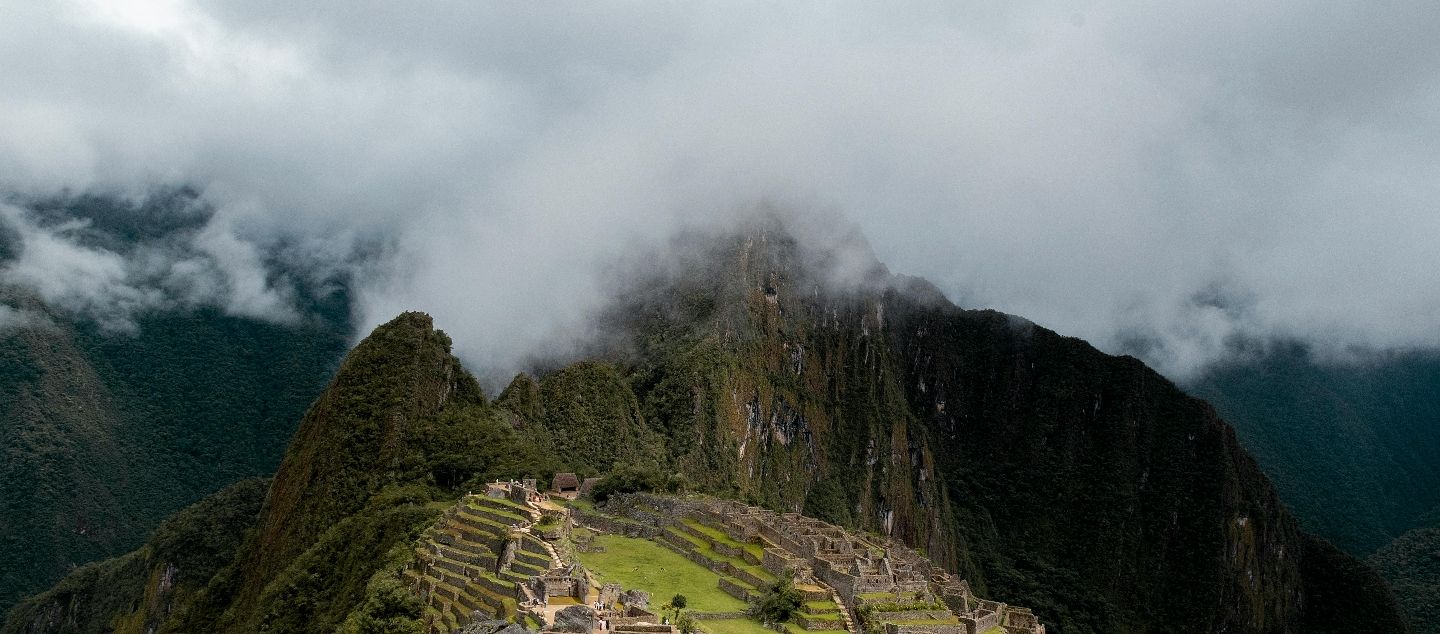
film
Rachael Knight on Why We Must Protect Sacred Sites
What role can humanity play in protecting sacred sites, many of which contain some of the areas of highest biodiversity in the world?
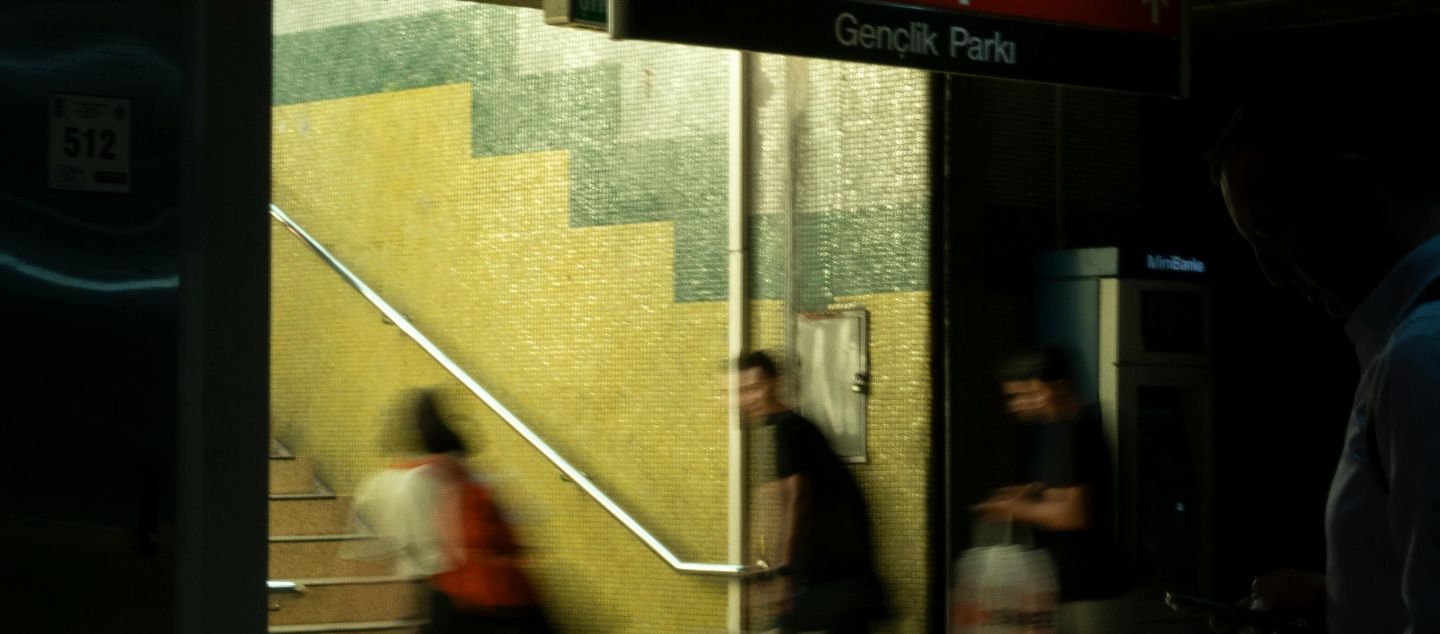
film
Abigail Rose Clarke on Slowing Down Time
The body already exists beyond the reach of extractive systems of domination, and we can turn to the stories offered by the blood and breath to remember.
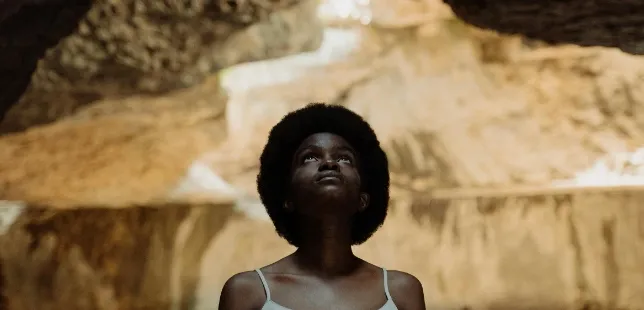
film
Ashanti Kunene on Social Transformation
"White supremacy lives in the mundane" explains Ashanti Kunene in the course, Future of Consciousness
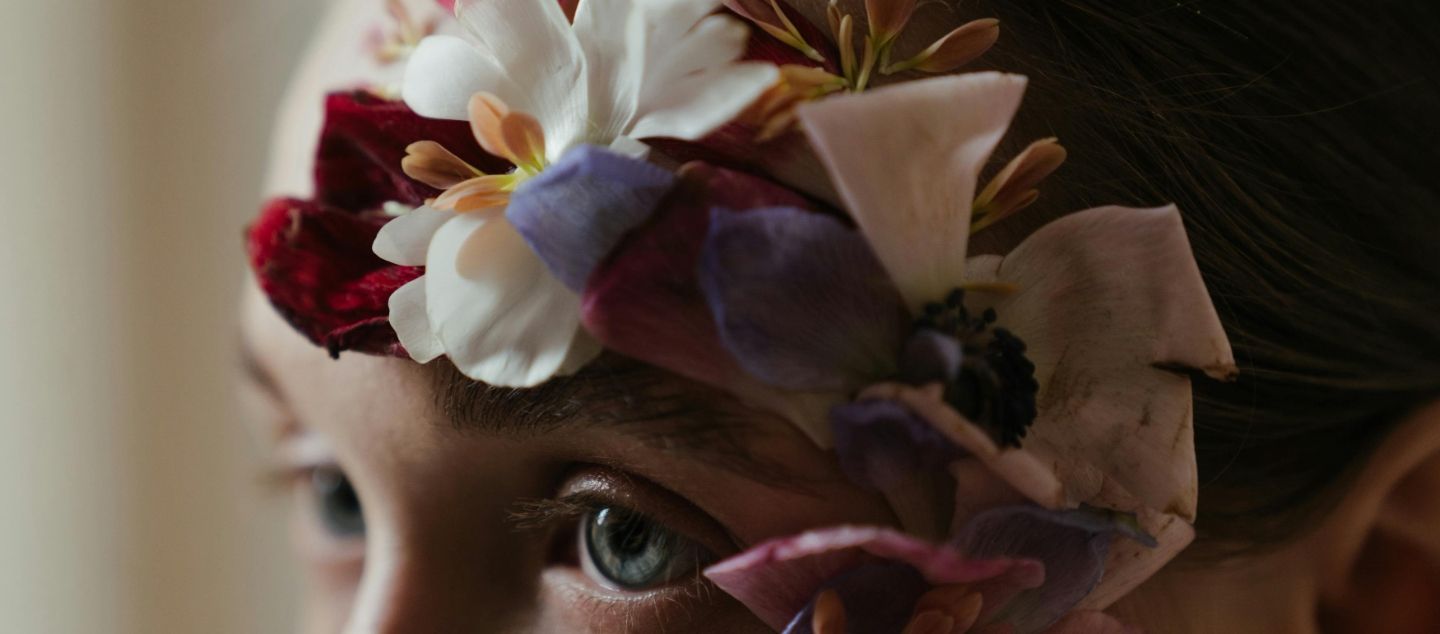
film
Sharon Blackie on Heroines in Fairytales
In what ways do these fairy tales, with their emphasis on community support, challenge our modern notions of individual heroism and success?
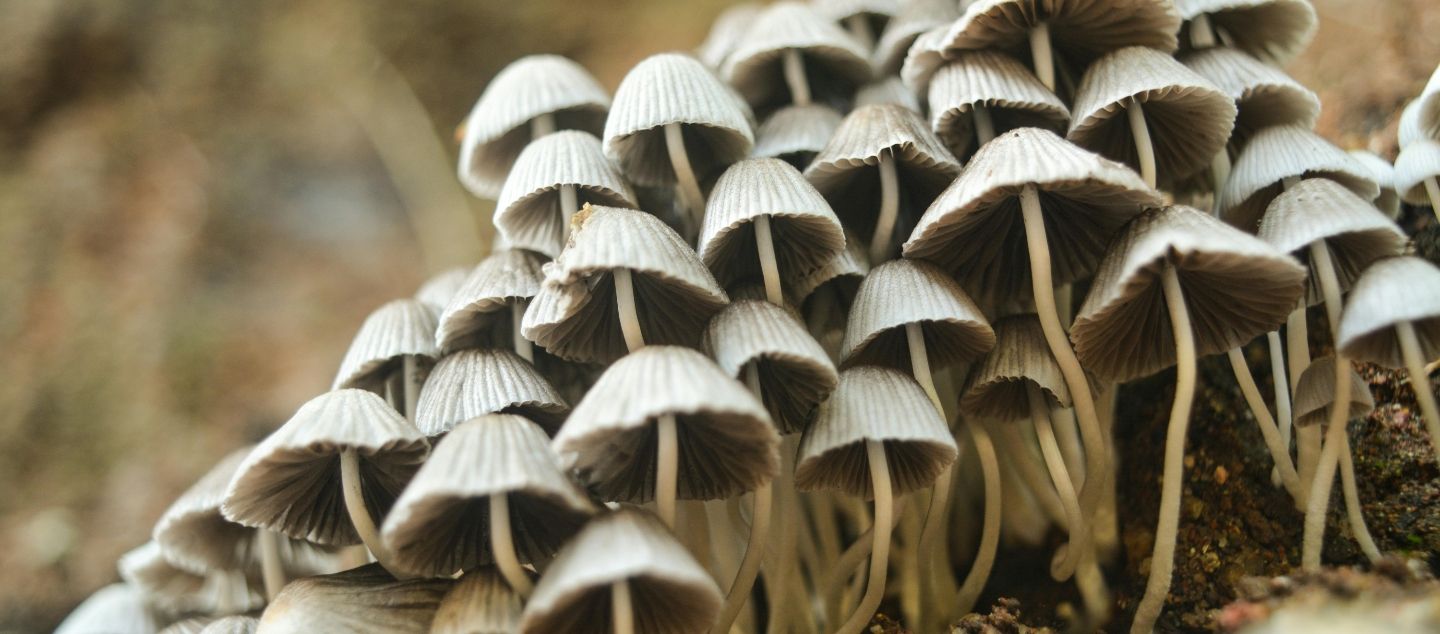
film
Patricia Kaishian on How Fungi Revolutionised Life on Land
As part of the emerging and shapeshifting field of queer ecology, challenging long-held perspectives in the sciences.
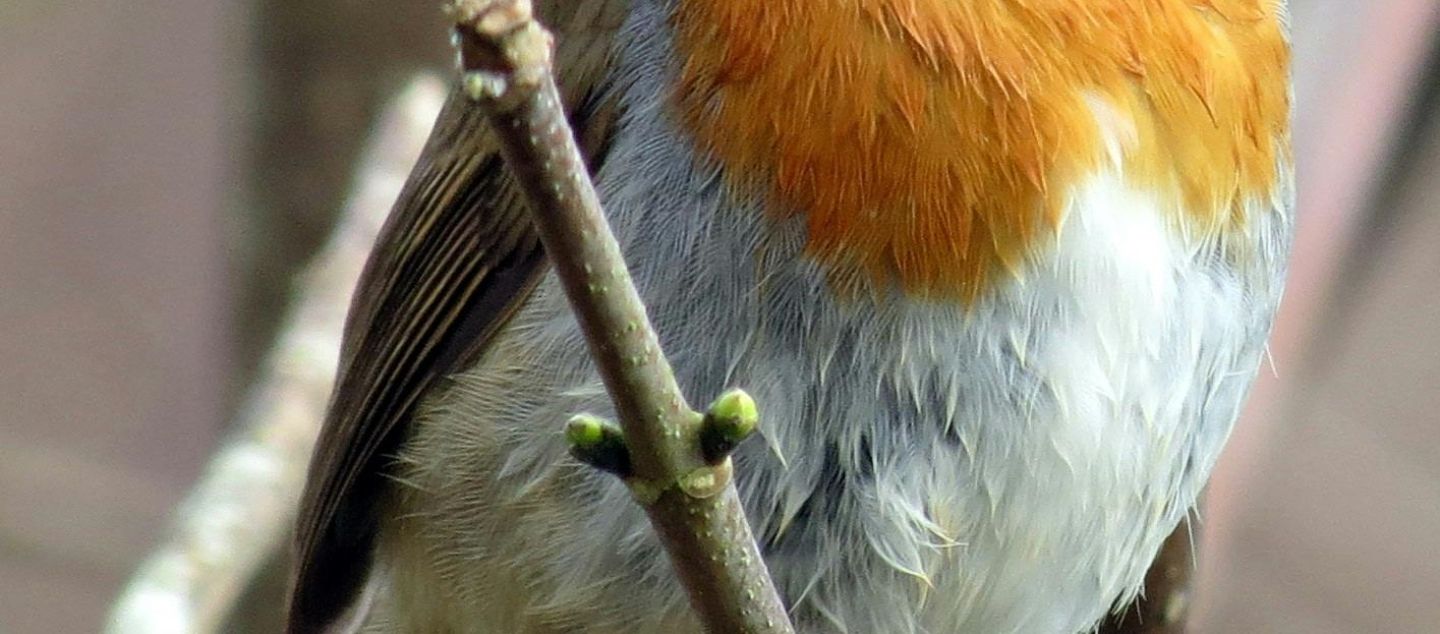
film
Spring Equinox Special: Plant Medicine
How have plants and humans co-evolved for millennia? How might our plant relationships teach us about our landscapes and ecological communities, support our bodies in their ecosystems, and provide new perspectives and pathways towards growth and healing?
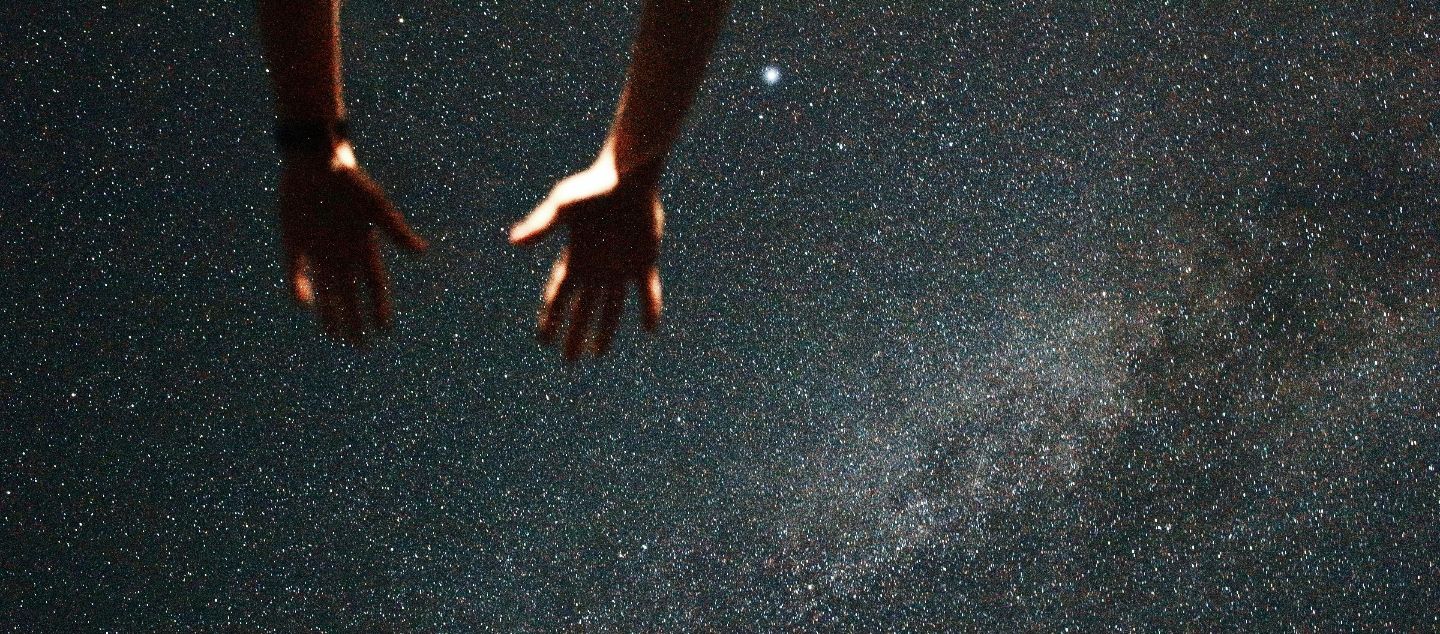
film
Rupert Sheldrake on Setting Science Free
The facts of science, scientific techniques and technologies are real enough. But, the philosophy of materialism that governs conventional scientific thinking is an act of faith grounded in a 19th-century ideology. It is time to set science free. In this webinar, we dialogued with Dr. Rupert Sheldrake on all things consciousness. Does it exist beyond the brain? Where did our ideas on consciousness originate from? How do we move beyond it?
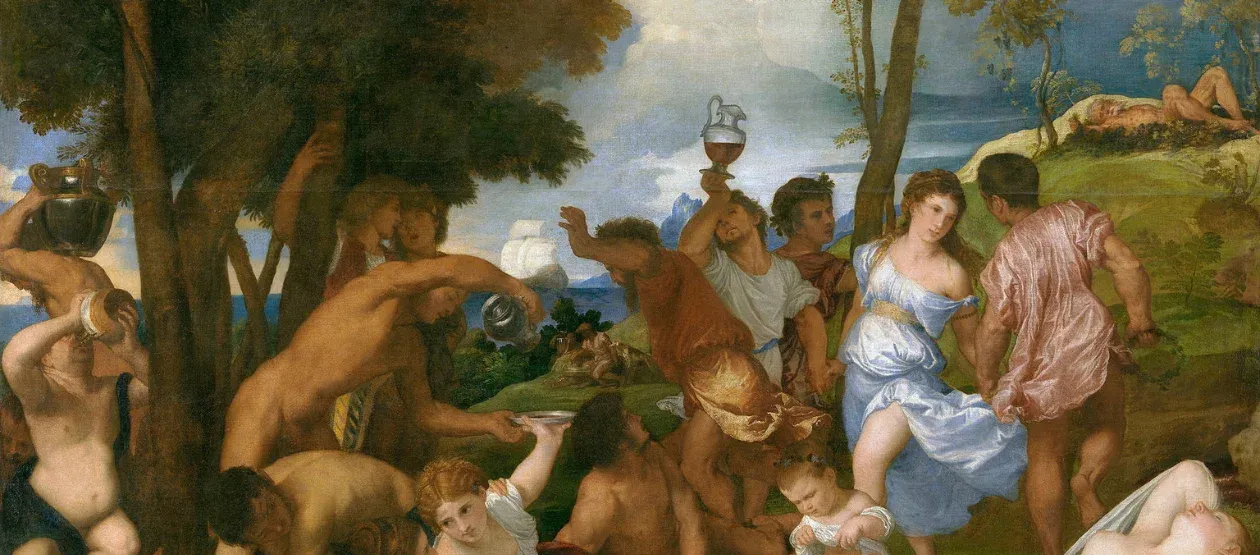
film
Dionysus: Echoes of an Ancient Future
Ahead of advaya's upcoming online course: Dionysus: Rave, Ritual and Revolution, we speak with curator and host Chiara Baldini all about Dionysus. In this webinar, we dove into the mythology, history and culture around Dionysus, one of the most intriguing deities of Western culture. The god of fertility, dance, vegetation, wild nature, ambiguity and egalitarianism sounds like the perfect match who will not disappoint us with the gifts of his mysteries. What role did ecstatic practices play in his rituals? Who were his followers and what were the reactions of the Greek and Roman authorities to their unruliness? What are the pre-patriarchal elements of these practices and what can we learn from them today?
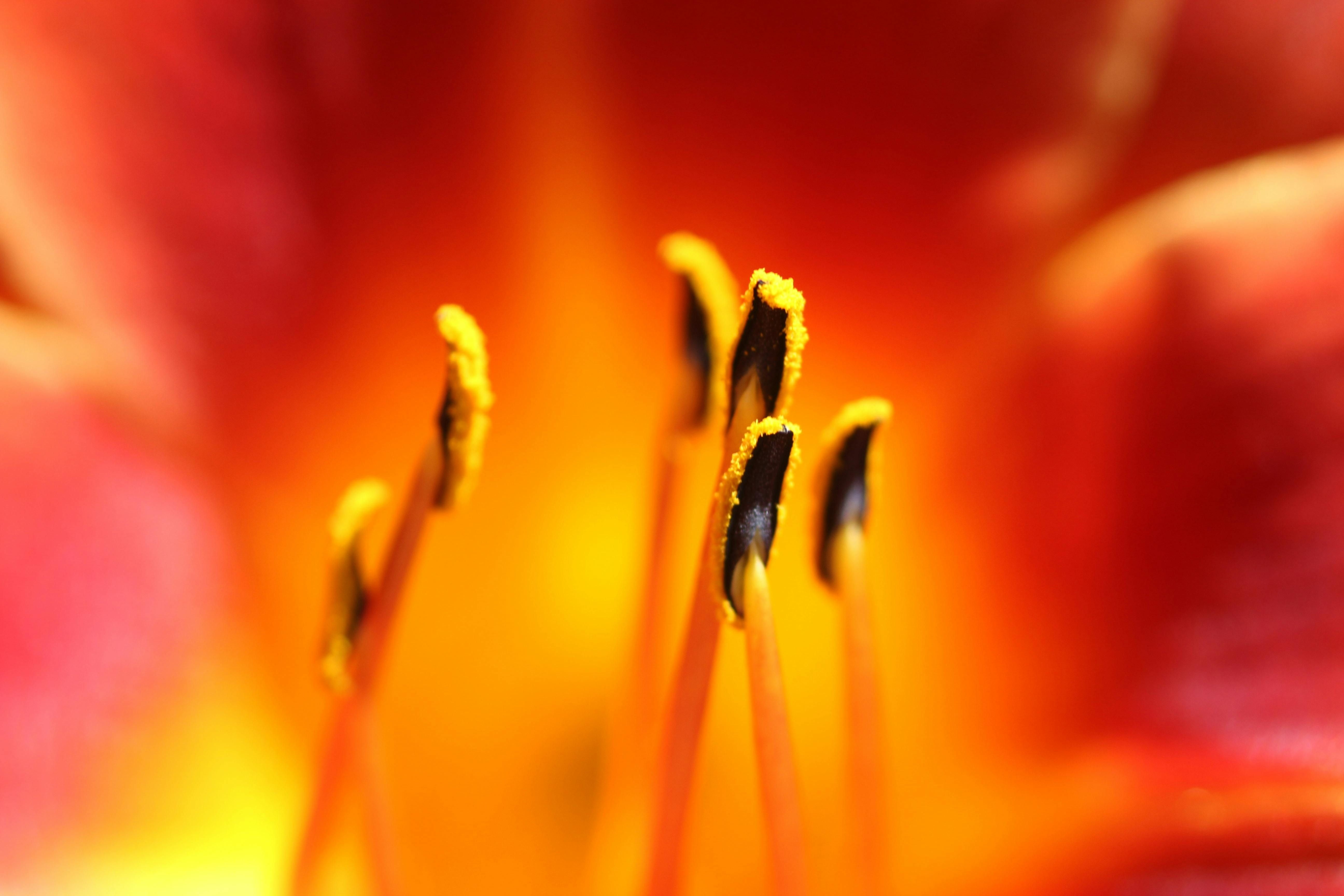
film
Living beings are constantly queering identities
In Module 6 of Rewilding Mythology, Andreas Weber challenges binary thinking from his background as a scientist and philosopher. Inspired by the rich metaphorical backgrounding of lichen for this session, Andreas shows us how actually, binary thinking in science and nature is but one story. The other, more true story perhaps, emphasises the interconnectedness of our selves in an ecosystem. Ecology is erotic and everchanging: the transformations within it make it essentially, queer.
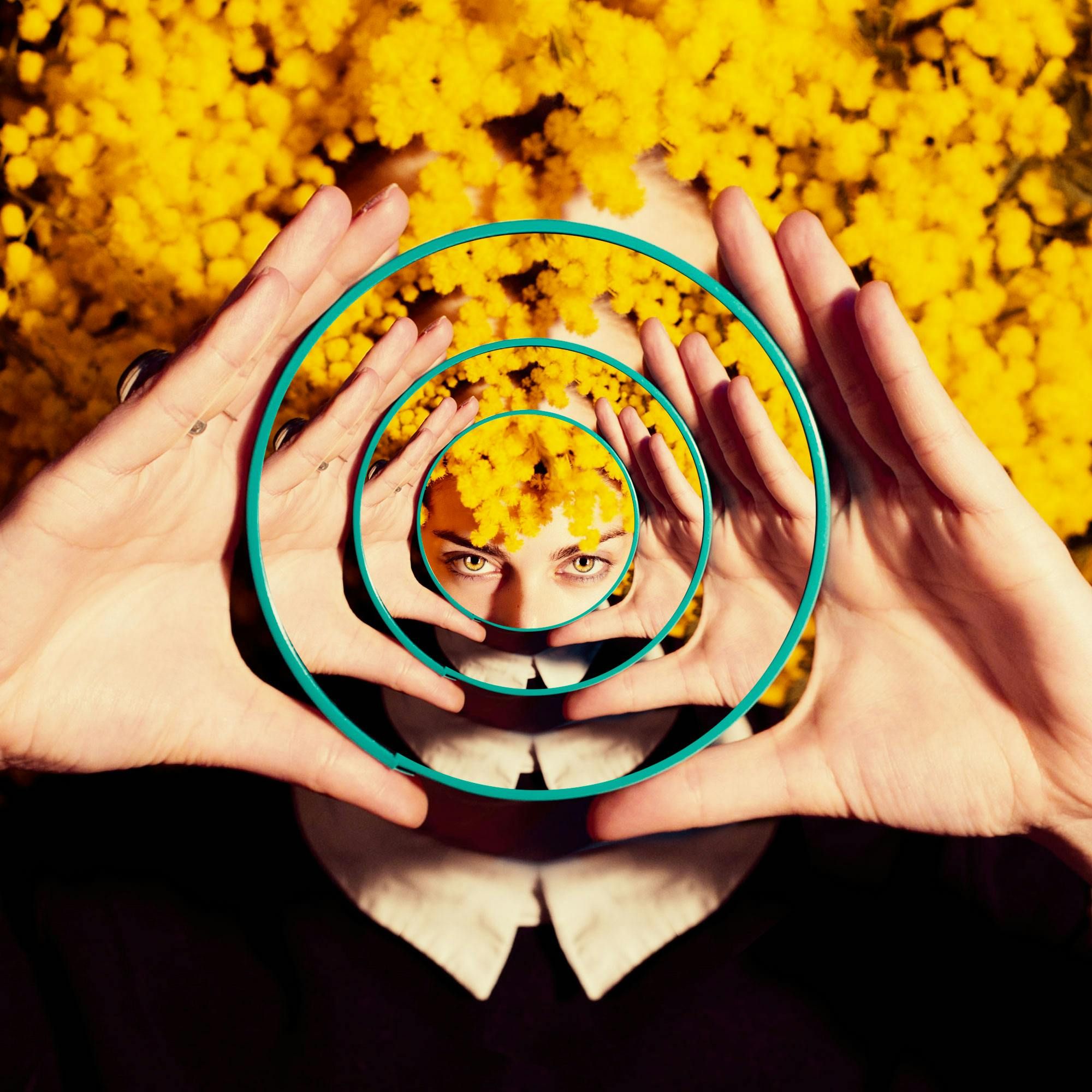
film
Augury as disruption to the attention economy
In Module 5 of Rewilding Mythology, Sophie Strand and brontë velez discuss ecological literacy as a form of literacy that gets us free. One form of this is augury, the practice of acquiring and understanding omens through the observation of birds, alongside bird sits and practising bird language. brontë shares about this radical practice, what it looks like, and why it can be such a disturbance to the attention economy we live in. How can we think with our whole web of kin, as Sophie would ask?
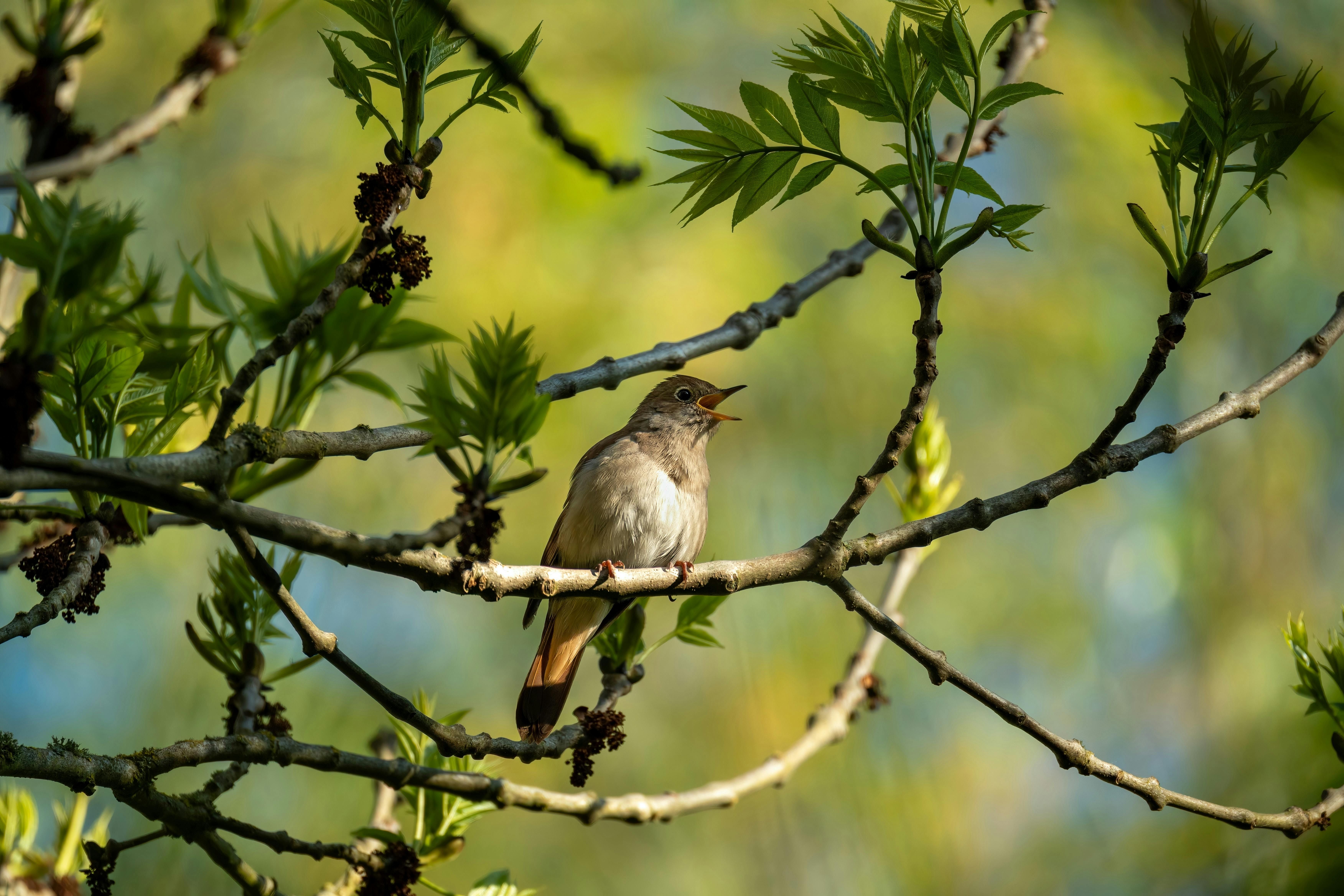
film
Hospicing nightingales: human-bird collaboration in the Anthropocene
In Module 5 of Rewilding Mythology, Sophie Strand and Sam Lee converse about preserving songs and the importance of oral transmission and cultural knowledge, and together they explore ancient, collaborative relationships between humans and other species. In this clip, Sam introduces the nightingale, a species set to go extinct. How have (and can) we collaborated with these birds, learning to sing together, even as we enter a time of unprecedented species extinction? What is the importance of such correspondence between species?
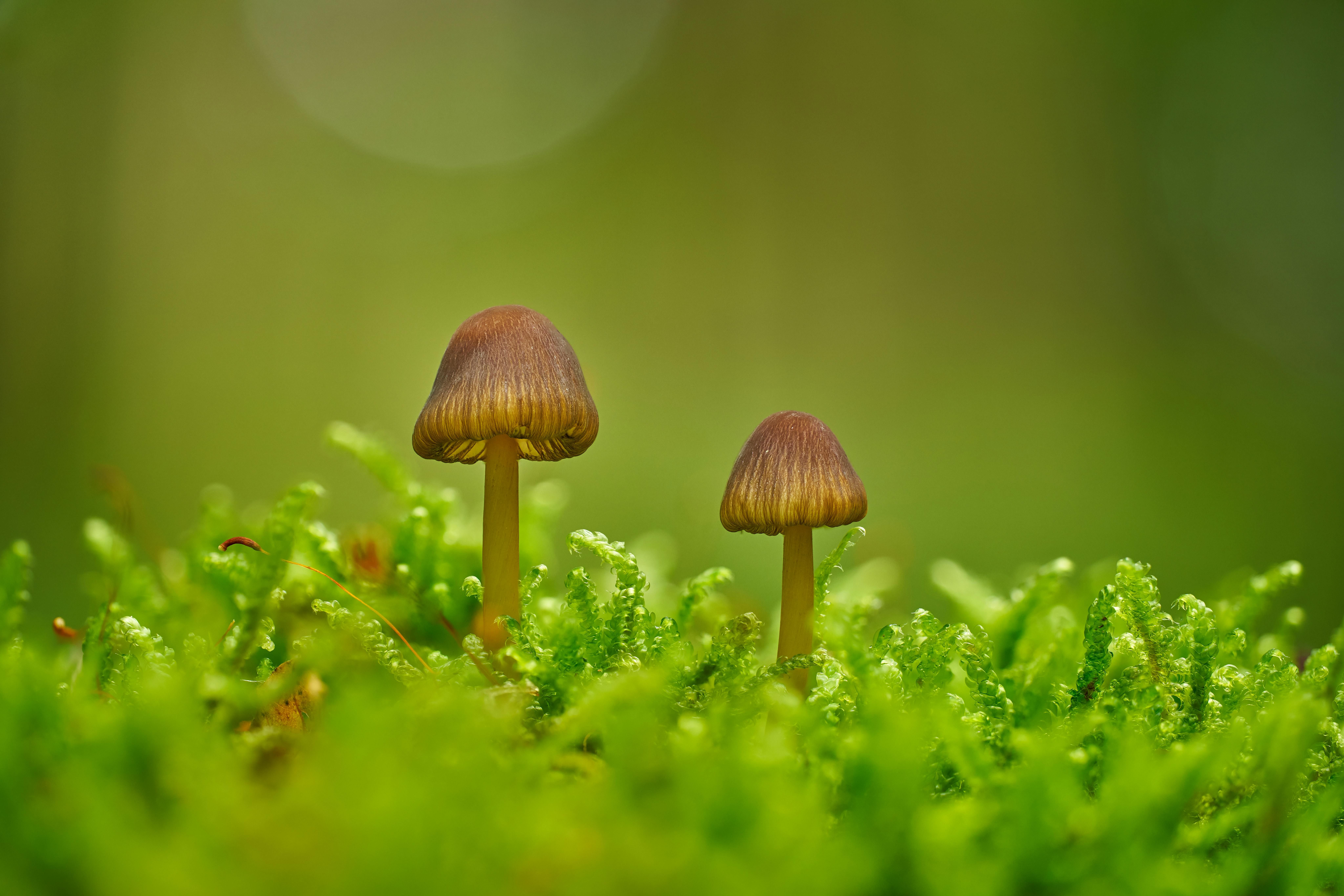
film
Fungi are the firmament of life on Earth
In Module 4 of Rewilding Mythology, Sophie Strand interviews Giuliana Furci about her subject of expertise: fungi. Giuliana teaches us about the diversity of the fungi kin-dom, and reminds us of how essential fungi are to all life on Earth, and how, through their relationships with other organisms, they make apparent that no individual really exists, how each one of us depends on another.
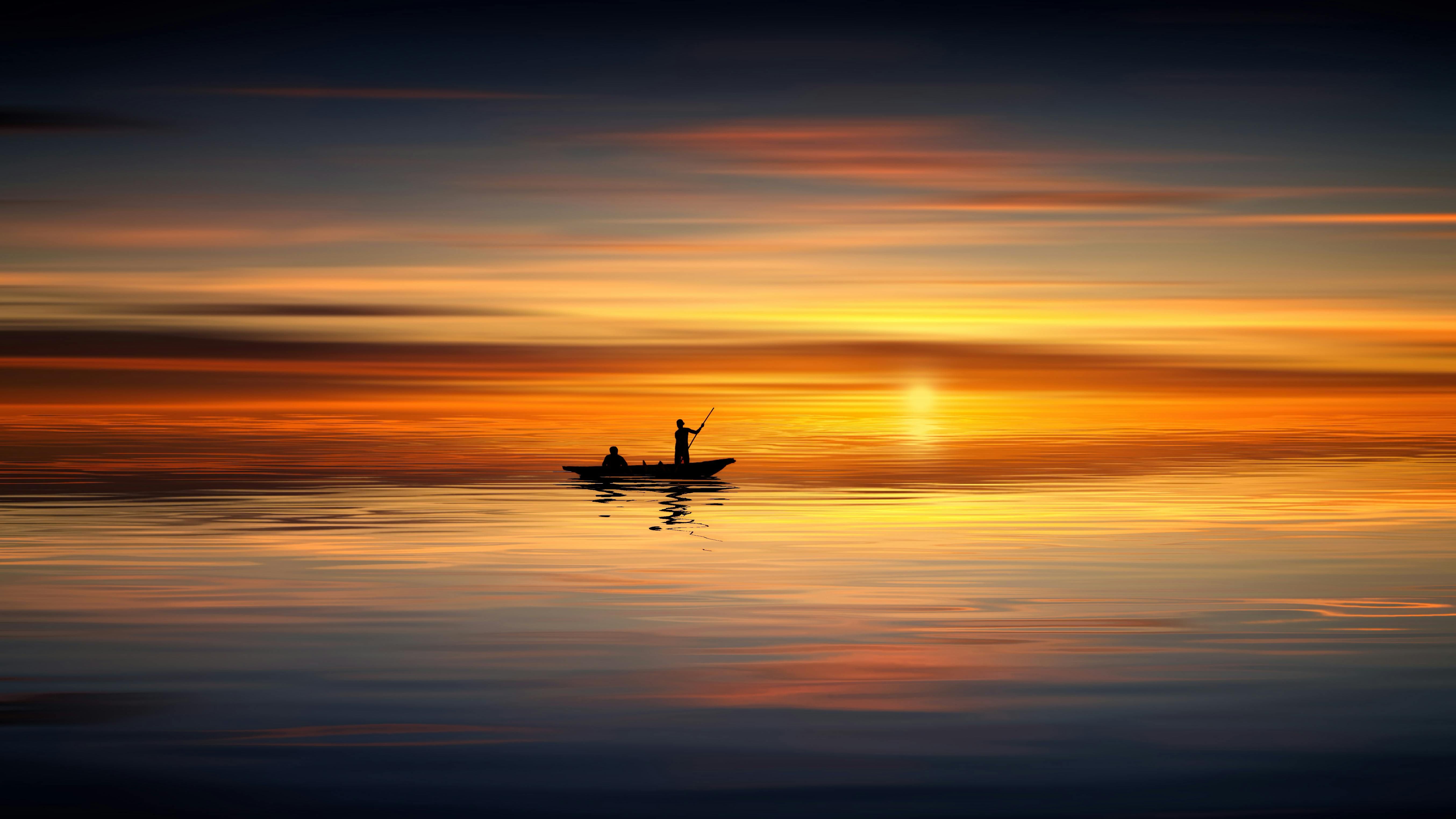
film
The Bacchanalia Affair: the beginning of the end of an era
In Module 4 of Rewilding Mythology, Chiara Baldini presents the story of Dionysus, a sacred masculine that represents something different from the masculinity we know in patriarchy, something that has always existed in parallel. Chiara shares the story of the Bacchanalia Affair, how Dionysus, exported into Rome, was a clamorous rebellion against hierarchy, order, and the wielding of the sword. As the god of celebration, fermentation, and rebellion, the Roman empire wanted to repress what he brought to Rome, and they did: successfully. Thus began to end of an era, dating back to the goddess culture in prehistory. What lessons does this hold for us today?
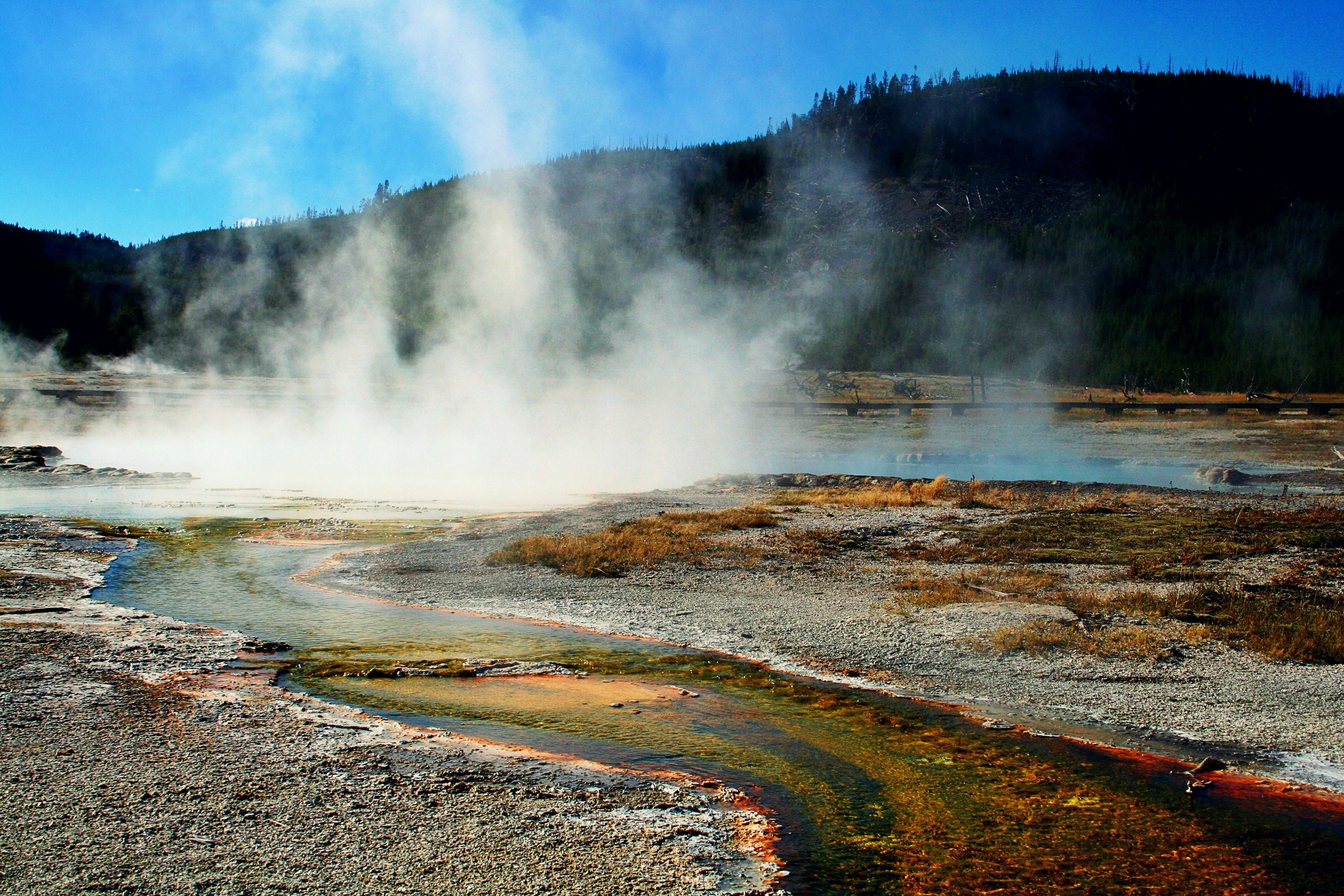
film
Fermentation and its link to the dawn of life on Earth
In Module 4 of Rewilding Mythology, David Zilber walks us through how fermentation and civilisation and agriculture are all woven together in complicated and interesting ways. "Fermentation is indelibly linked to the dawn of life on Earth," he says, diving into gelogical time, weaving the stories of the diversification of life with species evolution with the addictiveness of alcohol. How is fermentation the central node of basically all life?
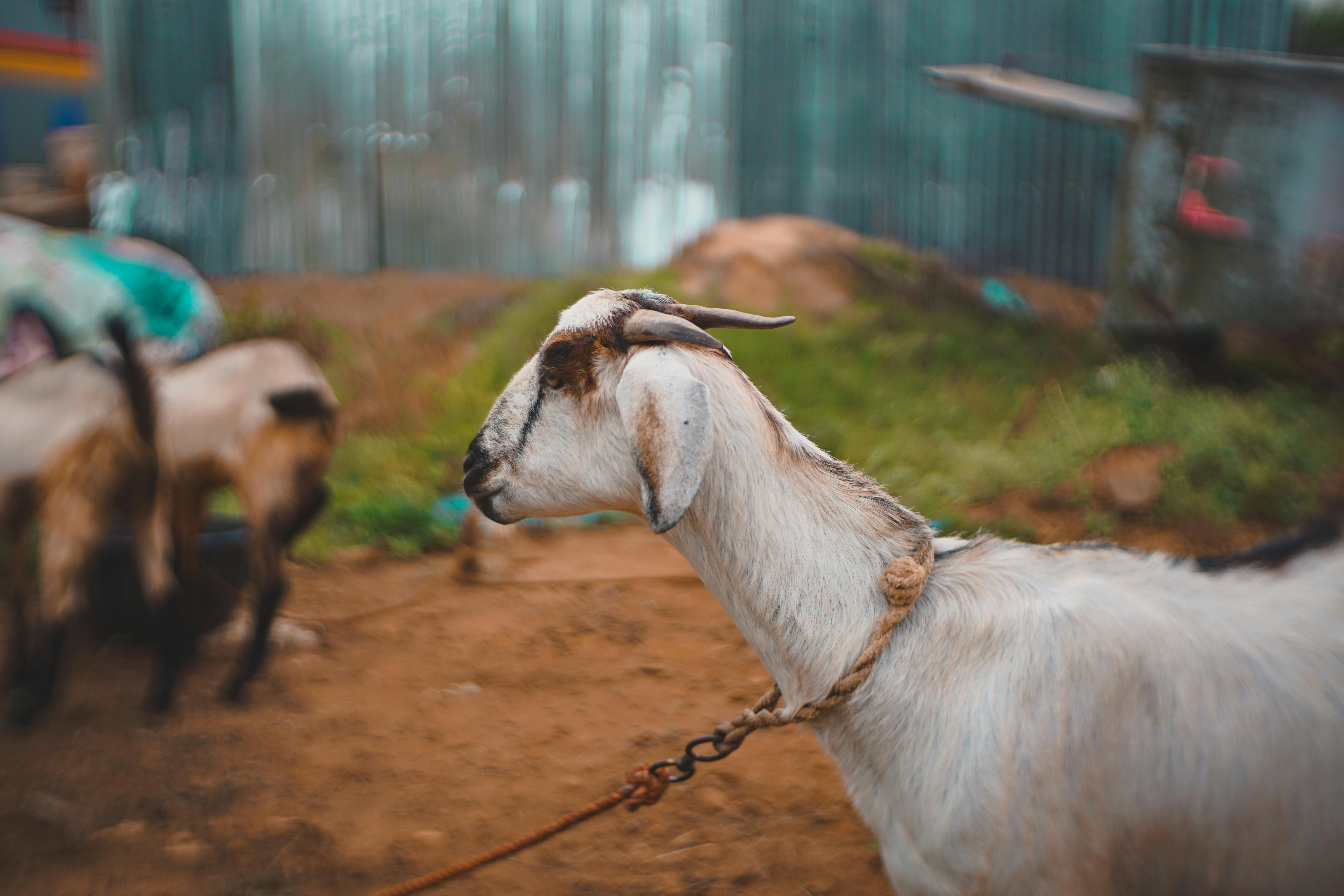
film
The emergence of domestication in human history and its implications
In Module 3 of Rewilding Mythology, Sophie Strand and Peter Michael Bauer converse about immediate-return and delayed-return societies, emphasising the impact of food storage methods on social dynamics and ecological transformations. Discussing the shift from a relational and participatory existence to an object-oriented culture with the accumulation of domesticated animals and grain, they ask and answer: how do human societies change as we find new ways of survival? What was gained and lost, in this case as we developed the ability to store food for ourselves?
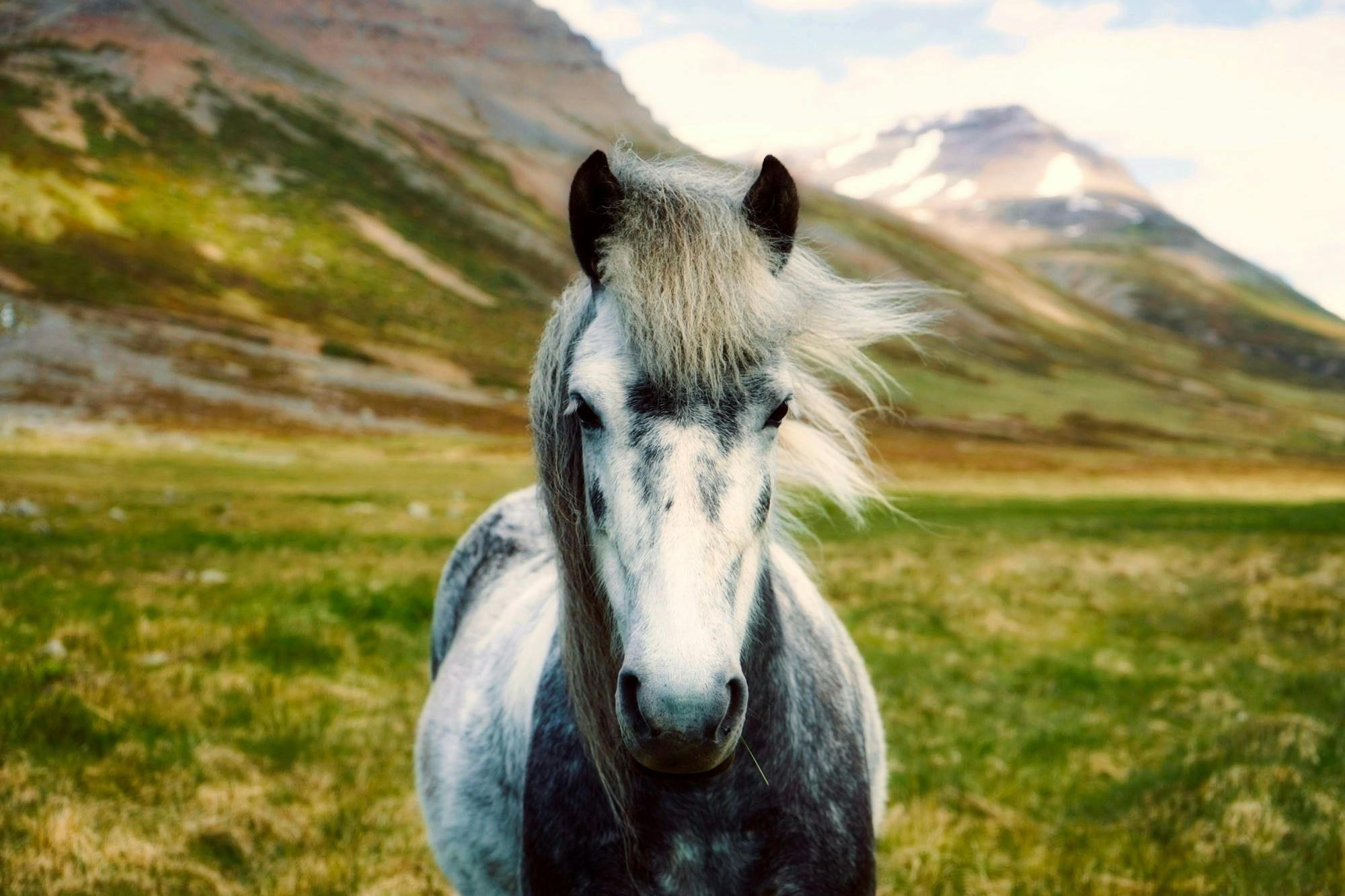
film
Wielding power outside the colonial paradigm: Oyalogy and Exousiance
In Module 3 of Rewilding Mythology, Sophie Strand interviews Minna Salami about an alternative, feminist conception of power, outside the colonial paradigm in which power has become conflated with oppression through violence. Minna, whose work weaves science, history, anthropology and mythology to challenge the limitations of Europatriarchal knowledge, shares about her essay Oyalogy, later Exousiance: in which she draws from her Yoruba belief system to construct a psychoactive language, animating power in a new-old paradigm of liberation and deep transformation.
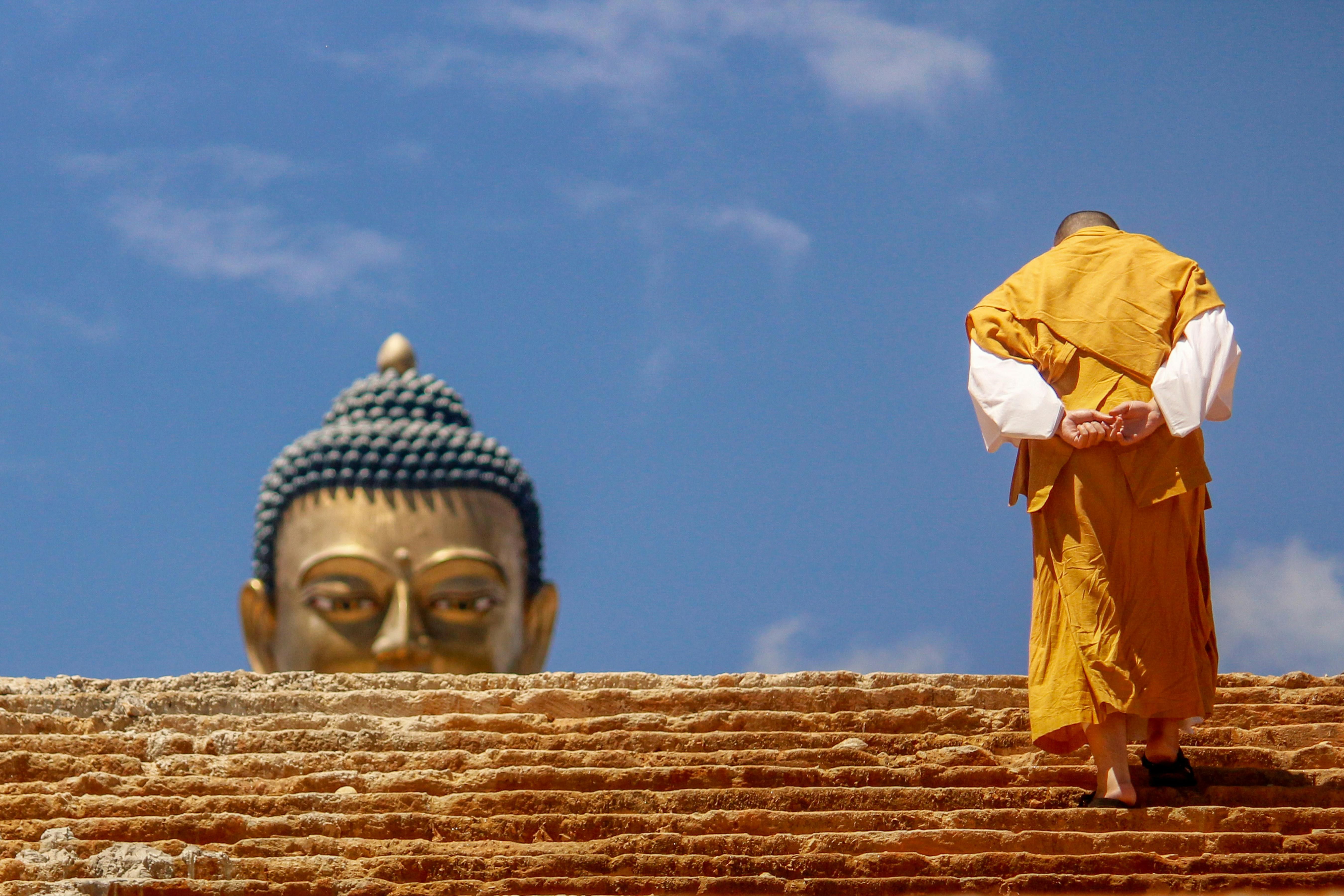
film
Colonialism’s parasitic relationship with spirituality with Gabes Torres
What is the relationship between colonialism and spirituality? How do colonisers weaponise spirituality to further colonise the 'Global South', or colonised peoples? Unpacking 'manifest destiny', the psyche of colonialism, and weaving it together with the vulnerability which we are exposed by when minding matters of the spirit, Gabes Torres tells us that colonialism has a parasitic relationship with spirituality.
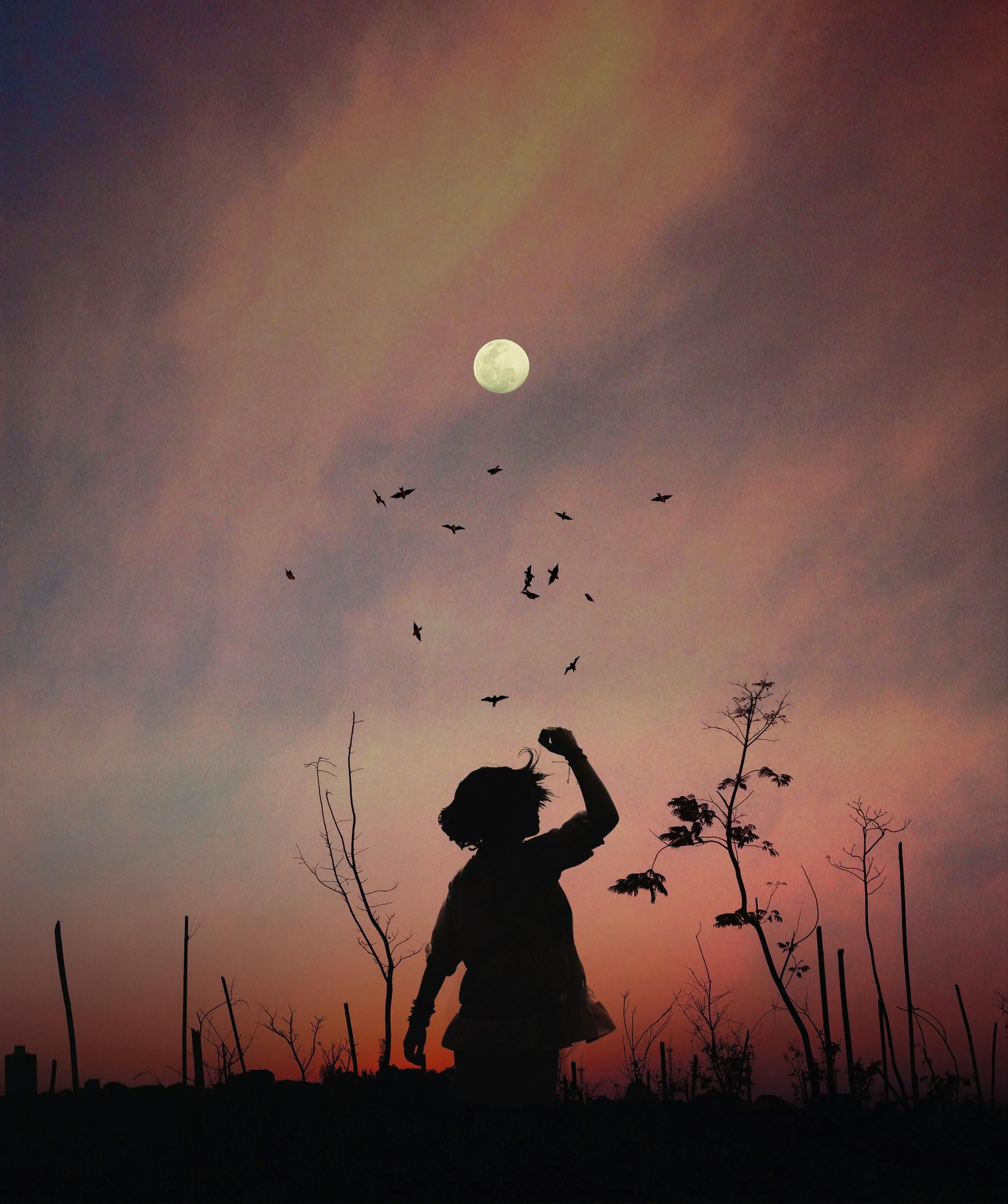
film
Why people seek spirituality with John Vervaeke
According to award-winning professor John Vervaeke, spirituality relates to the spirit. It is something that accompanies the scientific worldview by providing what it cannot: attention, agency, connection, to tether us to this world in ways that we cannot see or explain.

film
Wayfinding out of modernity’s haze with Yin Paradies
As people who live in the throes of modernity, it may feel as though we are living within a haze. Like a fish in water, though, it may be hard to realise that there is a haze to begin with. After all, as the popular quote from William Gibson goes: "We can't see our culture very well, because we see with it." In Week 4 of Re/membering our Rooted Selves, we learn from Professor Yin Paradies, an animist anarchist activist Wakaya man who is committed to understanding and interrupting the devastating impacts of modern societies.
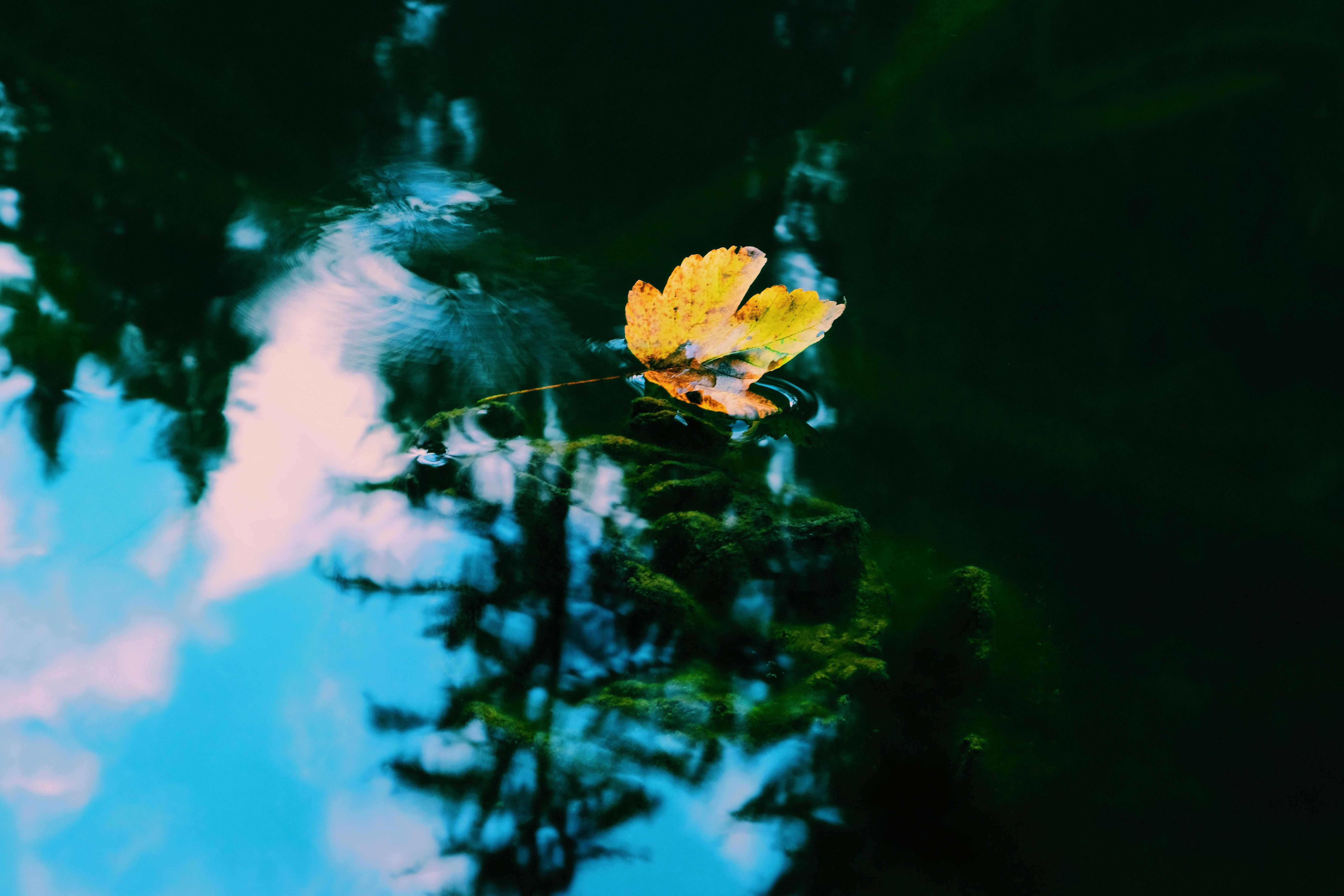
film
Dark Green Gods: on hyperobjects, animism and the greening of religion
In Dark Green Religion, environmentalism intersects with religiosity to sanctify nature. It proposes a sacred view of the natural world, so could this be an answer to our ecological crises? In this webinar, Hannah Close, curator of Contemporary Spirituality, dialogues with Timothy Morton, one of the course teachers, about eco-spirituality, religion in the modern Western world, 'Nature' as a concept, hyperobjects (a term coined by Tim), and more.
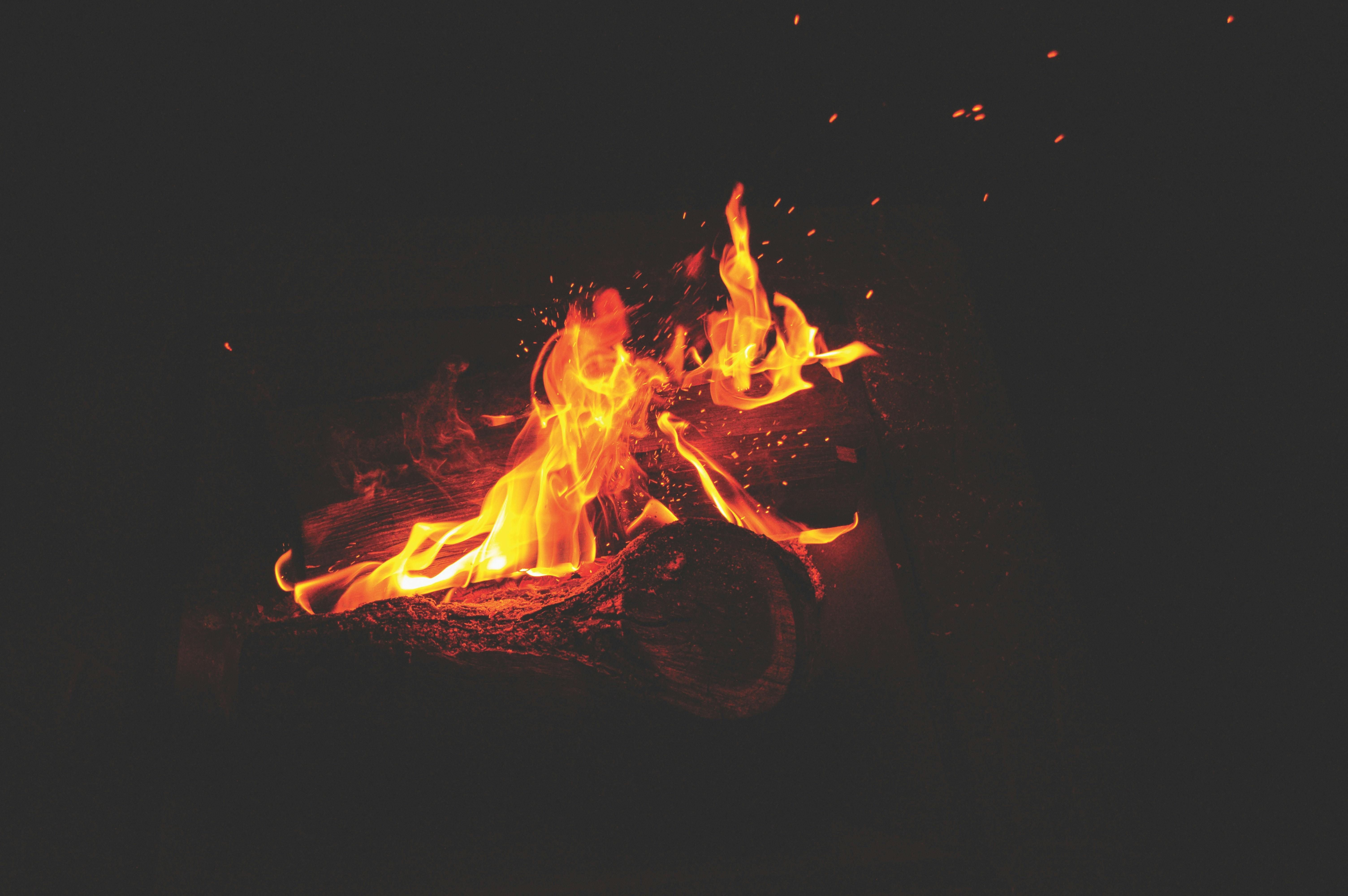
film
Heart, Hearth and Earth: on Ecofeminism with P. Mary Viya Porselvi
Wangari Maathai says that “trees are living symbols of peace and hope. A tree has roots in the soil, yet it reaches to the sky, it tells us, in order to aspire, we need to be grounded.” In Week 3 of Re/membering our Rooted Selves, professor, researcher and author P. Mary Vidya Porselvi shares with us a key framework: Heart, Hearth, and the Earth, based on the Tamil word, ‘agam’. Expanding upon this framework, she expresses the interconnection between storytelling, ecology and women, in her culture.
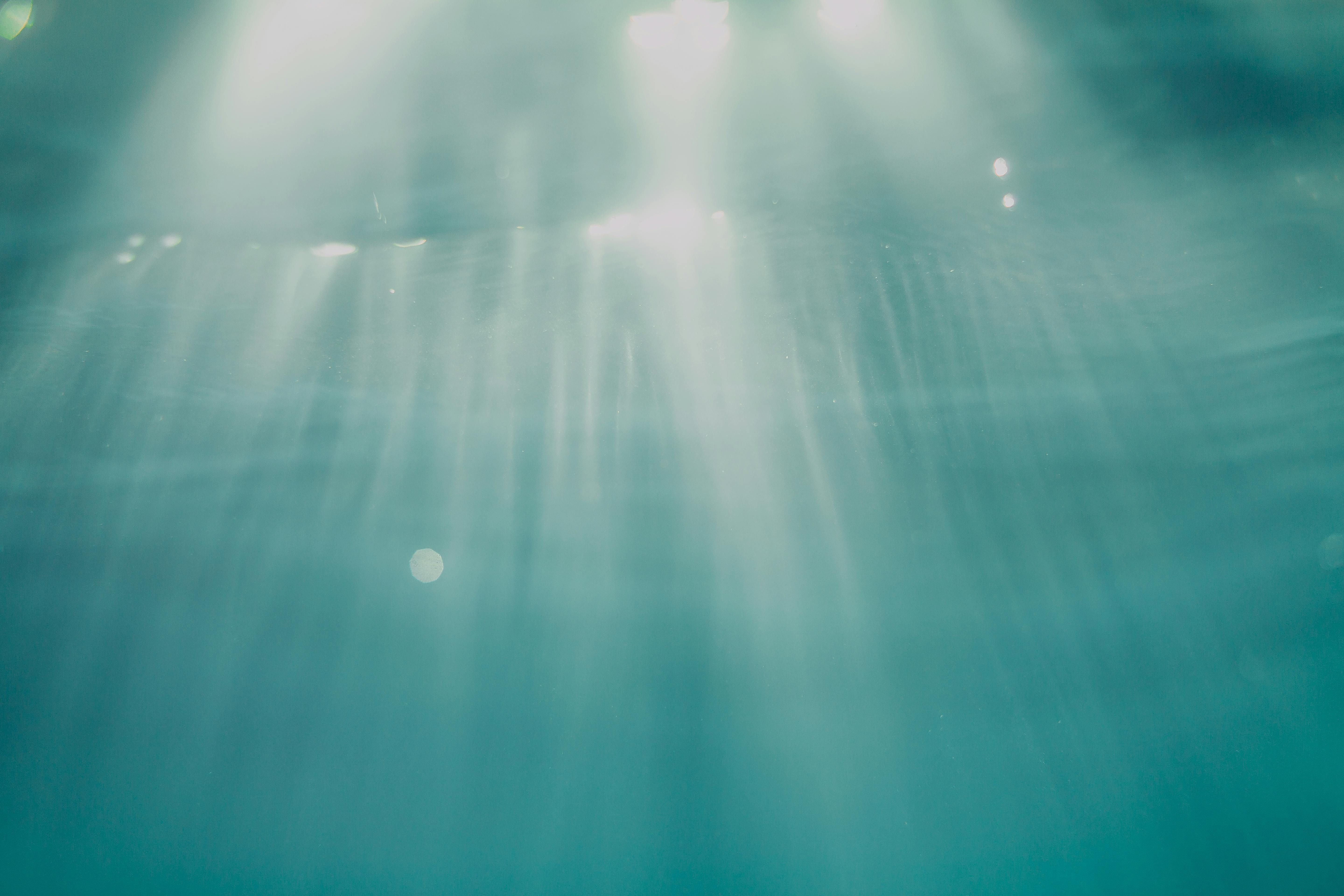
film
Courageous vs safe conversations: holding tension with Lana Jelenjev
How can we find that—in this uncomfortable space, even though there might be tension, there is trust—we are able to hold space for each other and surrender to what can unfold? For me, that is my invitation, to notice what are my survival responses." In Week 2 of Re/membering our Rooted Selves, community alchemist and seasoned learning experience designer, strategist Lana Jelenjev walks us through some possible survival responses and guides us toward courageous (different from safe) conversations.

film
We rise as living suns: learning from Bakongo philosophy with Aza Njeri
We are living in troubled times. In the opening session of Re/membering our Rooted Selves, we investigate tangled systemic crises and cracks in the systems that have become even more visible with the multiple collapses. How do we move, in spite? Aza Njeri, professor of African Literature and researcher of African and Afro-diasporic Philosophies, Cultures, Literatures and Arts, one of the teachers in this opening week, shares about the Bakongo philosophy, an African philosophy of the peoples of Congo and Angola.
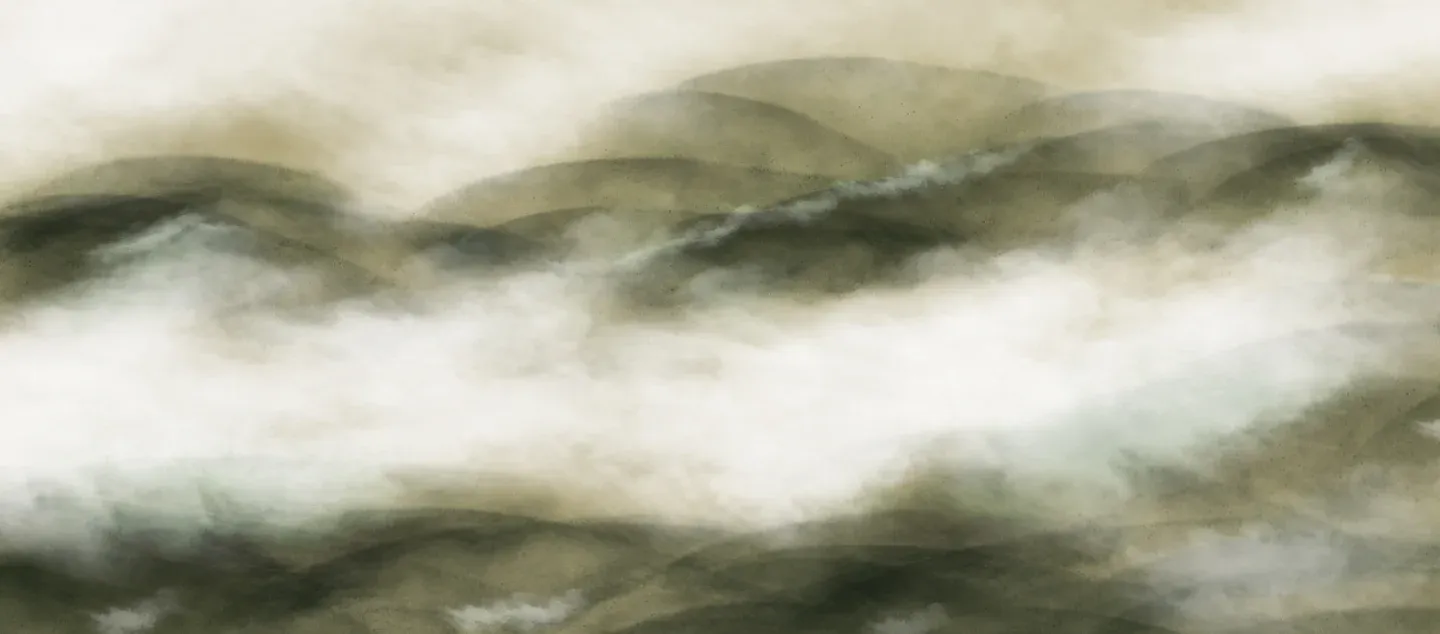
film
Storytelling our way home: weaving threads & illuminating patterns
How can storytelling help us find our way home and ground ourselves in the present of these times? In this webinar, co-curators of advaya’s upcoming course, Re/membering our Rooted Selves, Maria Clara Parente and Naida Culshaw, dialogue with some of our course teachers: Anna Denardin, Aza Njeri, Lana Jelenjev, P. Mary Vidya Porselvi and Andreza Jorge.
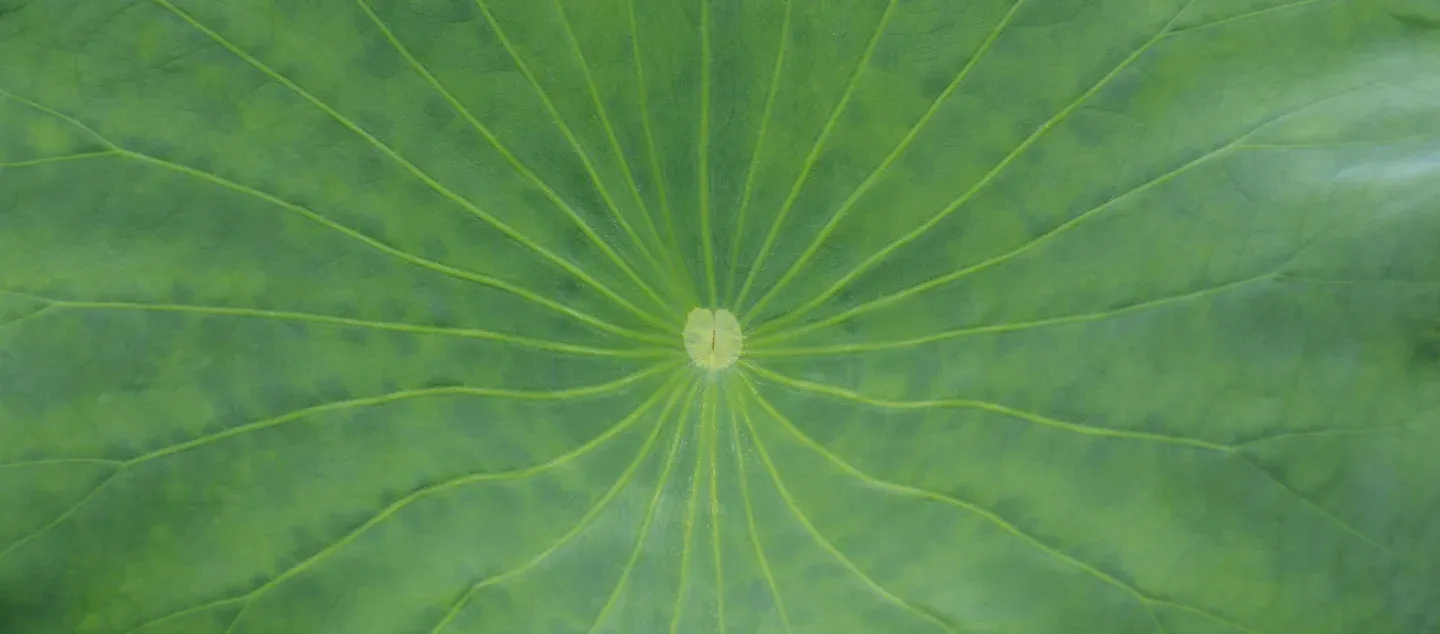
film
Our meaning crisis and the new gods of modernity
Ahead of advaya’s upcoming multi-teacher online course Contemporary Spirituality, we speak with host and curator Hannah Close about how the ways in which we seek meaning have changed, what has taken the place of grand narratives and the institution of religion, moving towards healthier sources of meaning and foundations of the ‘sacred’, the ethics of spirituality practices and cultural and religious exchanges, and more. How can we find our place within intersecting ecosystems of meaning in the modern age?
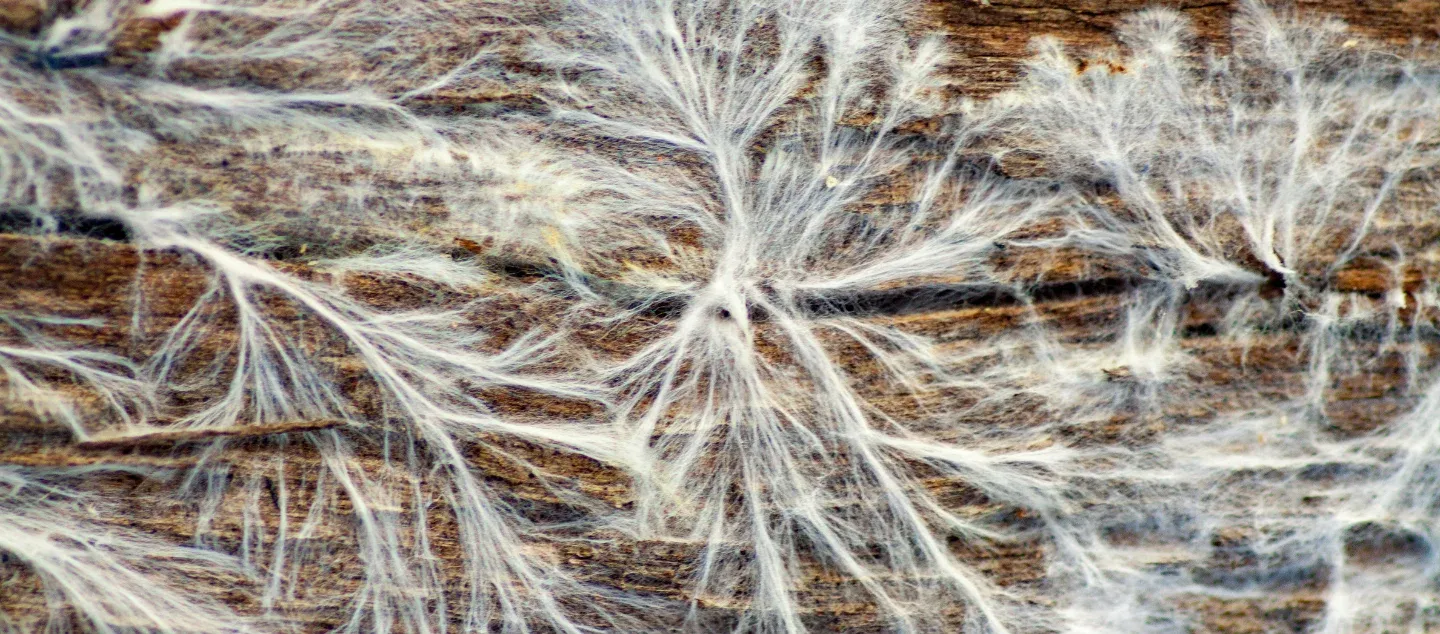
film
Queer ecology and collective liberation: the science underground
Ahead of advaya's upcoming online course: Queer Ecology: the science underground, with Dr. Patricia Kaishian, we speak with host and curator Patty, about how the study of mycology, ecology and queer theory can bring us towards a more expansive way of looking at the world. In this conversation, we discuss: how fungi can be our teachers in interbeing, redefining 'normal', and noticing the margins; dissolving the distinctions between humans and nature; what we have sacrificed in constructing the world as we have; and traditional ecological knowledge. How can looking at how we relate and how we think about the world lead us toward liberation?
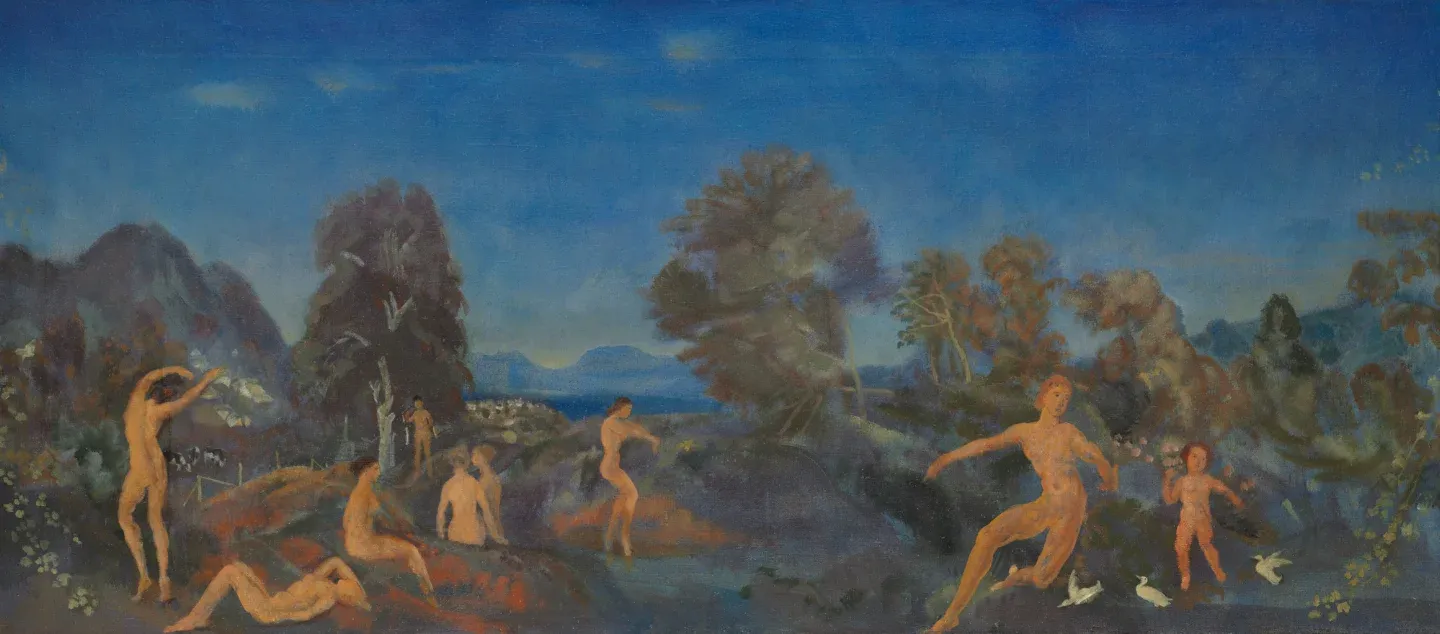
film
Unmasking Dionysus: history, culture and legacy
Ahead of advaya's upcoming online course: Dionysus: Rave, Ritual and Revolution, we speak with curator and host Chiara Baldini all about Dionysus. What is the cultural and social context that the god, also known as Bacchus, comes from? Weaving stories from pre-patriarchal, goddess-worshipping archaic civilisations, to the Roman empire and the Bacchanalia's clamorous and illegal arrival and disruption of it, to interrogating the possibilities of the traces of Dionysus' legacy today, this lively conversation promises an informative introduction into the queer, rambunctious, complex figure of Dionysus.
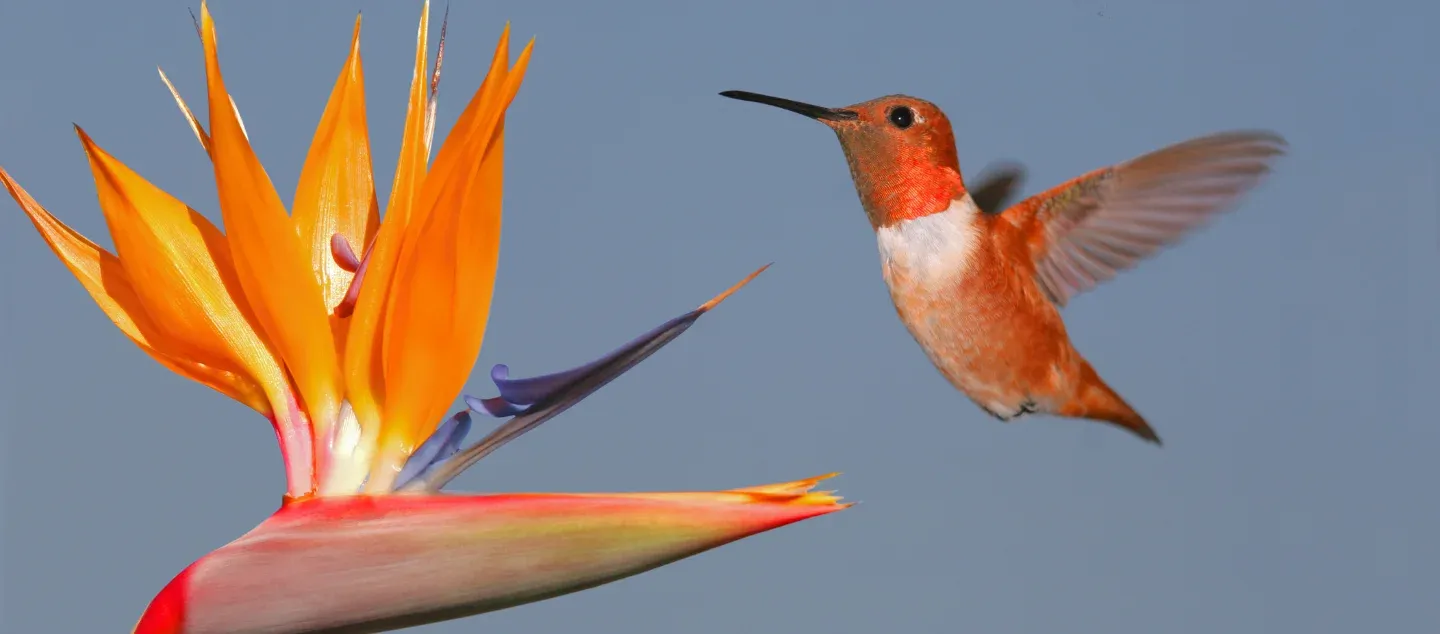
film
Aesthetics in nature (an autopoietic Gaia)
How do females of some bird and fish species use their sense of beauty and aesthetics to select male partners in the world of procreation? How are aesthetics an integral part of all living processes?
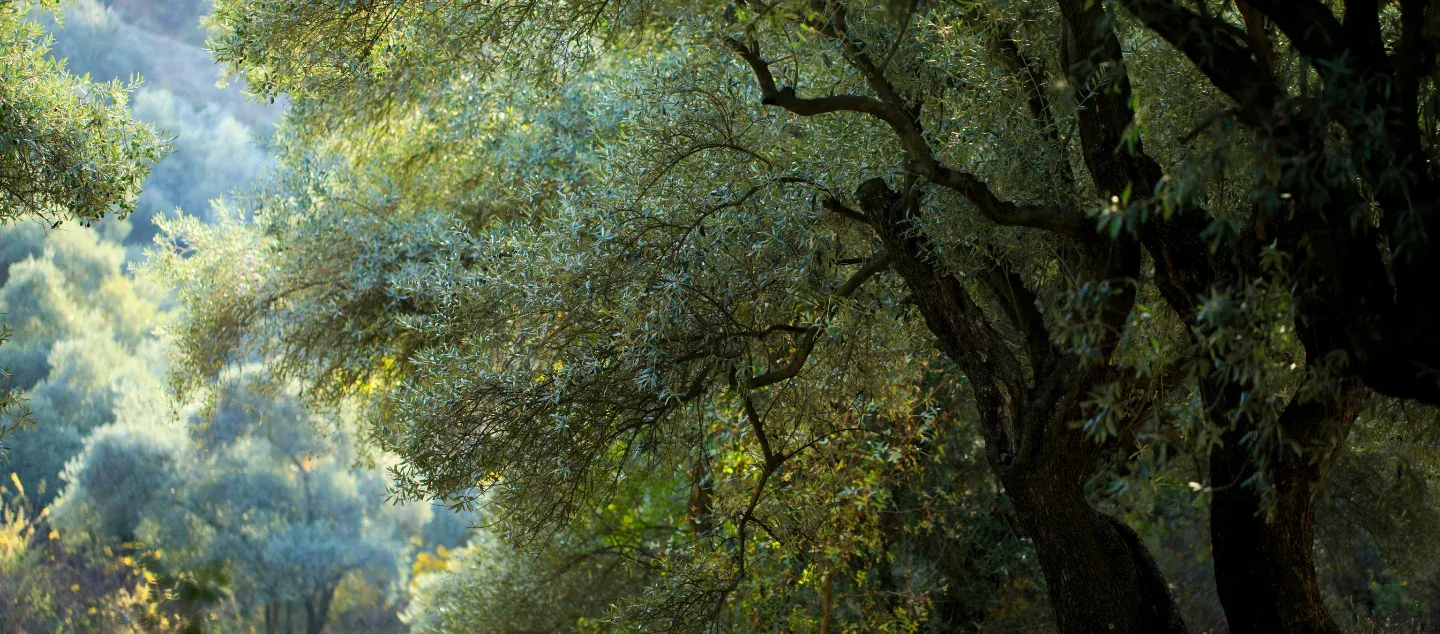
film
The symbiosis of humans and plants
In the final week of Tree of Life, our course with Imaginal, Timo Granzotti offers some parting thoughts inspired by the teachings, mythologies and cosmology of the olive tree. How can we understand and carry forth this human-plant relationship, a relationship of symbiosis? What does this have to do with the "oldest task in human history"? Timo summarises some of the lessons we can take away from this course, and what we may think about moving forward.
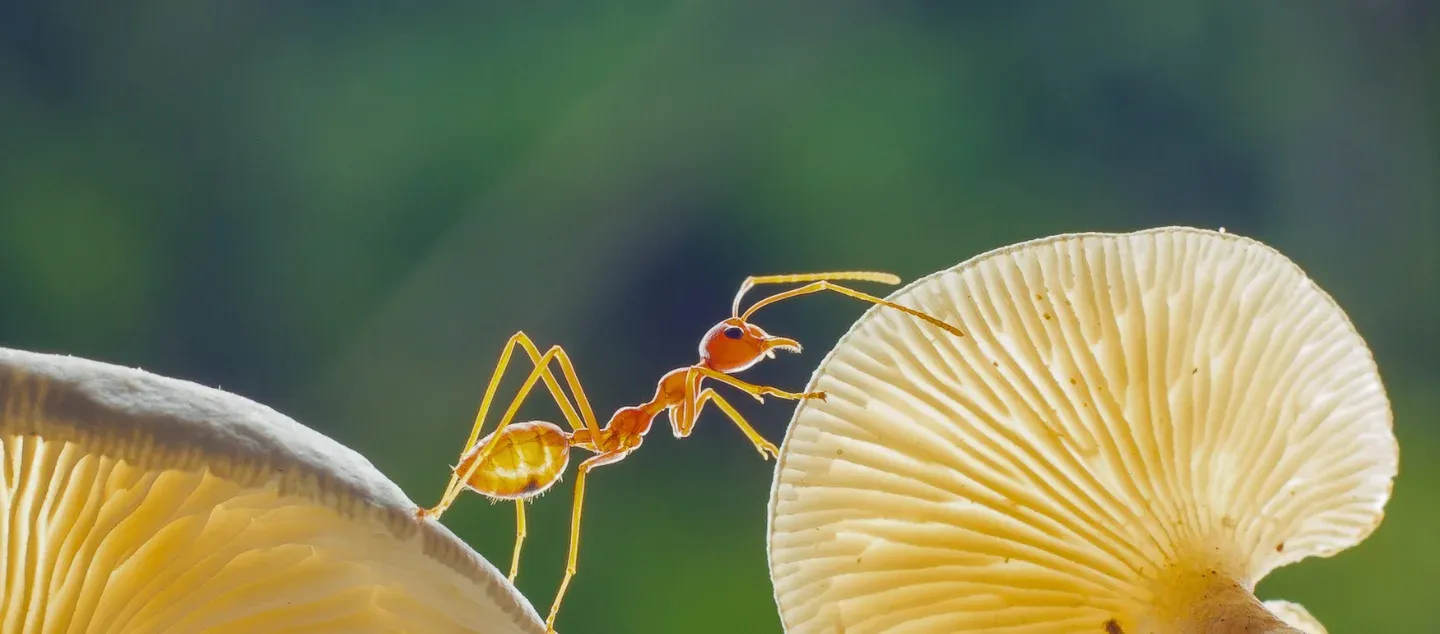
film
Modern medicine came from nature
Animal species have evolved, over 400 million years, to self-medicate. In this clip, explore a case study of ants as doctors, surgeons: a species that has developed a fascinating ability to take something from its external environment, incorporate that with its own bodily feature, to self-medicate. As it turns out, ants aren't the only ones either.
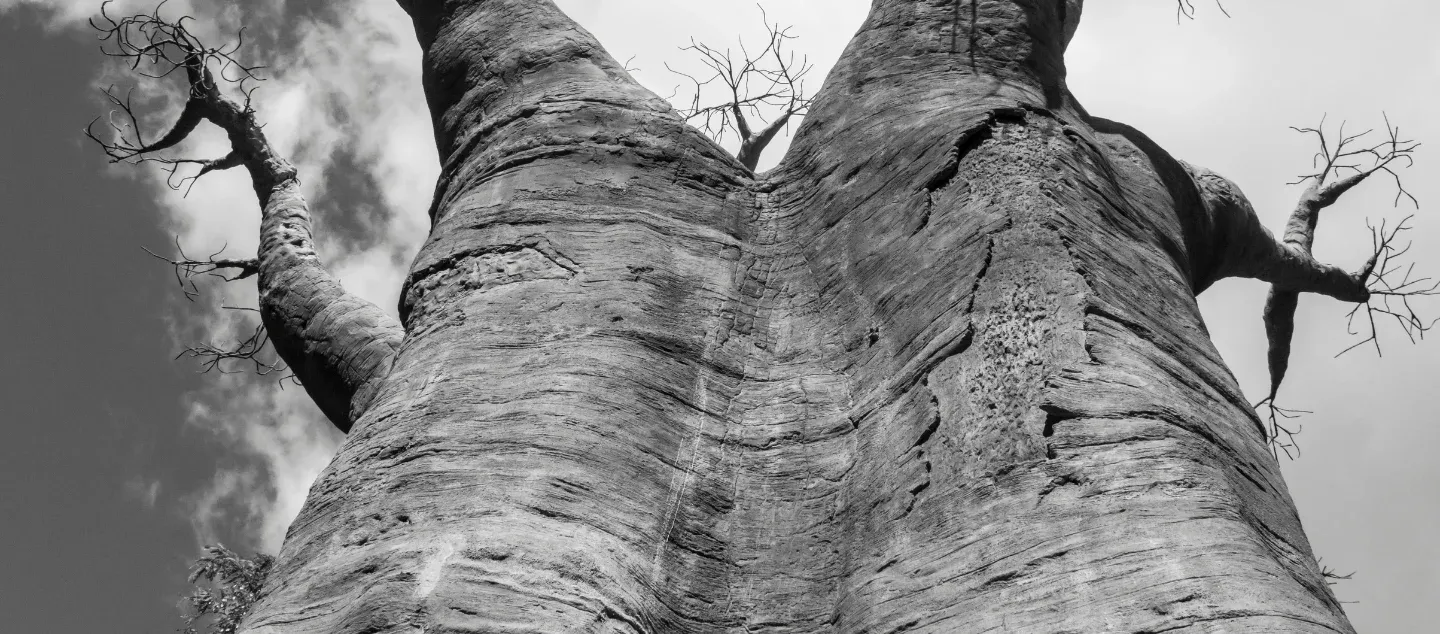
film
Baobab, the Great Mother Tree
In the seventh week of Tree of Life, our course with Imaginal, Isis Indriya speaks about the reverence of the baobab across Africa, how and why it is regarded as a Mother Tree, and the different creation myths associated with the baobab, the upside down tree. Timo Granzotti speaks to the art, culture and stories associated with the baobab: images that are quickly disappearing.
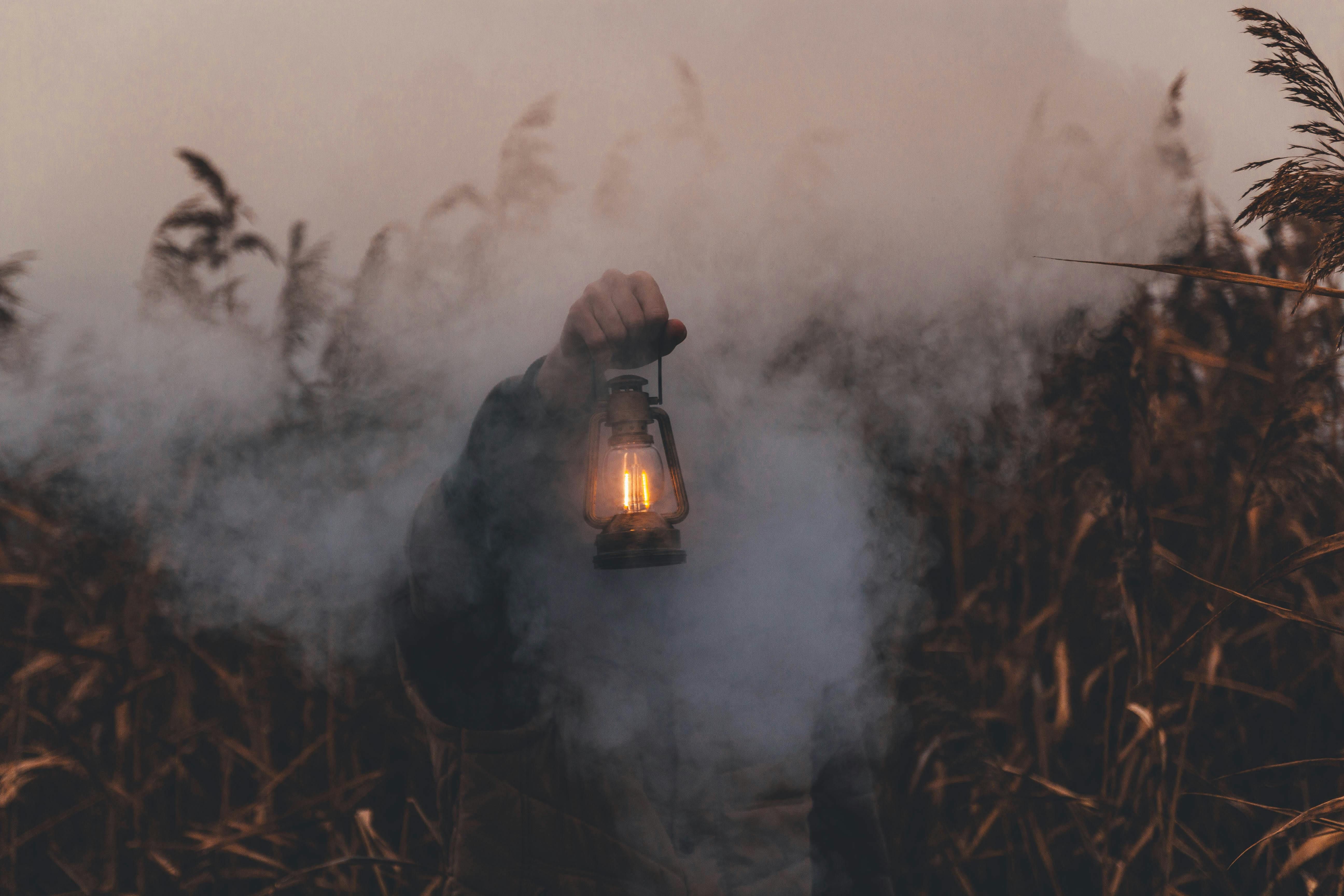
film
Cultivating response-ability amidst the trouble
Ahead of advaya's upcoming online course: Re/membering our Rooted Selves, we speak with co-curators Naida Culshaw and Maria Clara Parente on what it means to cultivate response-ability in transitional times. How does making kin and relating differently, re-storyation and shapeshifting, and reweaving ourselves into the threads of the past, help us continue to be present to the trouble, in resilient and continuous ways? This timely and timeless conversation traverses ideas of world-endings, narrative shifting and re-writing, connection through stories and art, and the importance of slowing down, which may not be what you think it is.
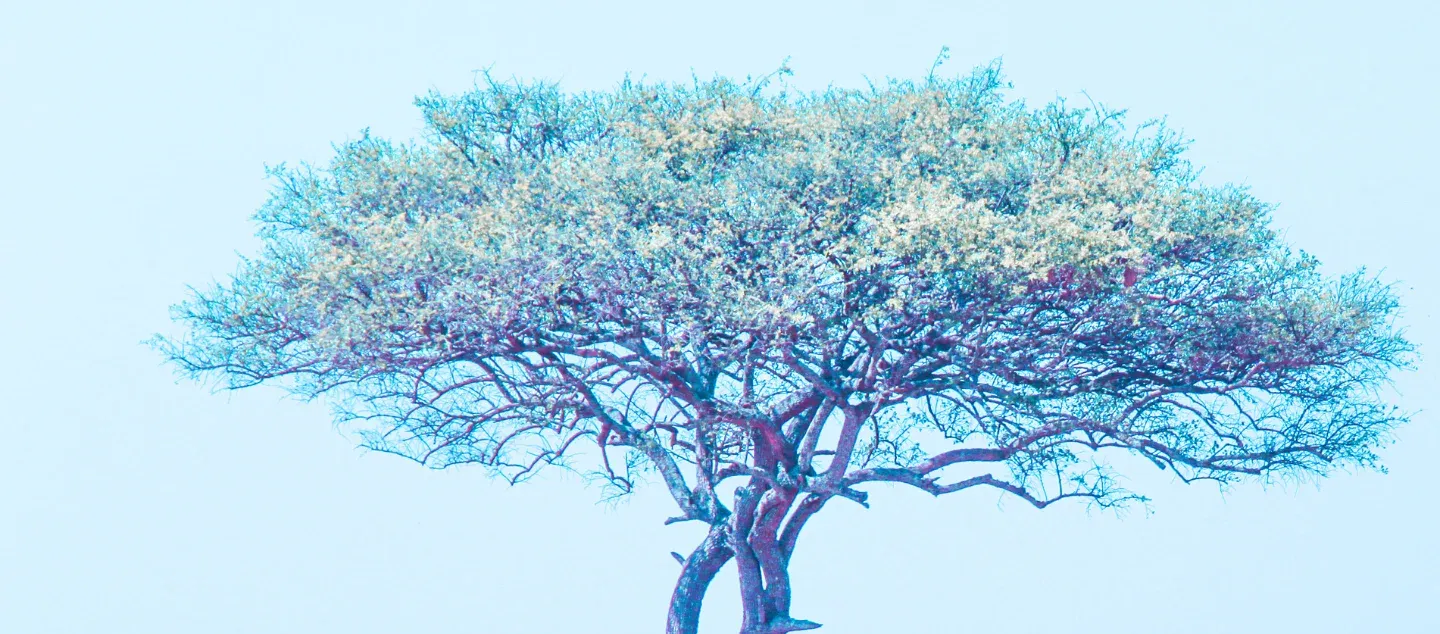
film
The acacia, a tree through the ages and generations
In the sixth week of Tree of Life, our course with Imaginal, we learn about the acacia tree: a tree that witnesses and carries the passing of lineage, from generation to generation. Isis Indriya shares about what the acacia represents in regard to human souls, liberation and consciousness. Timo Granzotti shares about the concept of dream time, and the relationship between the acacia and Aboriginal culture and lore.
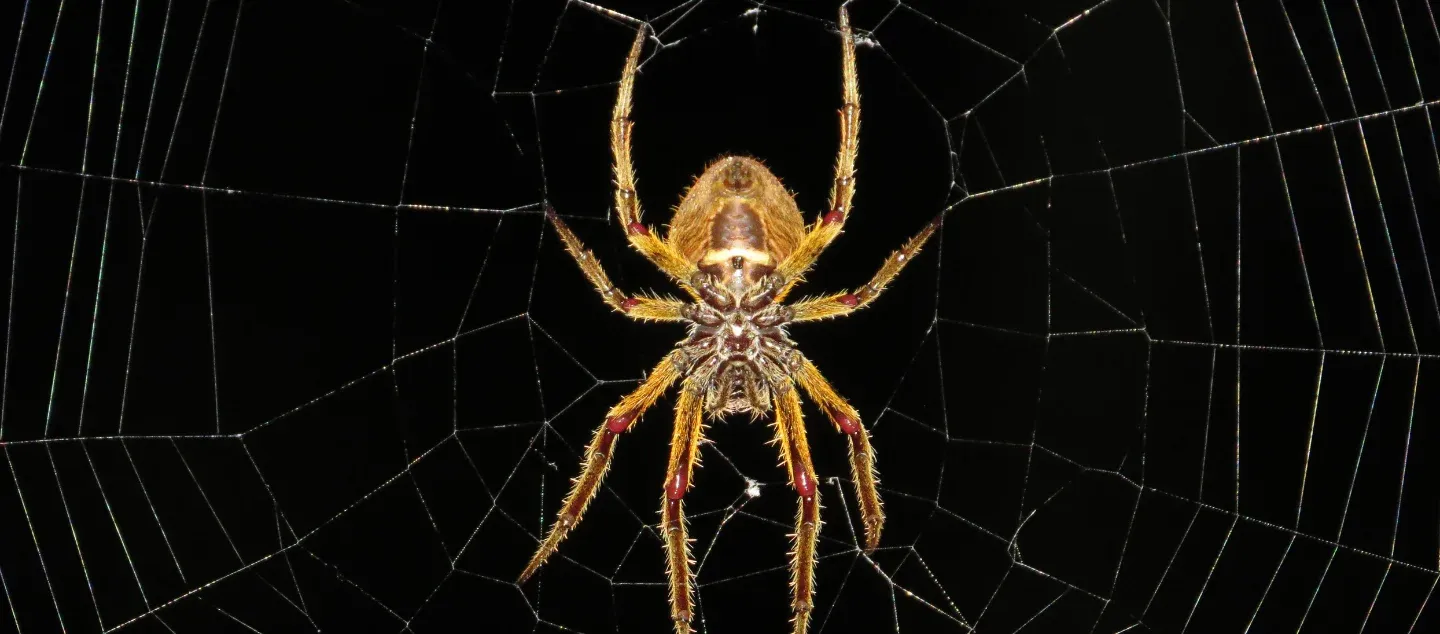
film
The roots of science are in nature: on naturalised science
In this clip, learn about how Native peoples practiced science, some influential figures in the history of science and philosophy who believed that science is not a human invention, an example of the jumping spiders and 'trial and error' in nature, and how science should move away from dogma, towards creativity, which could perhaps be more aligned with the scientific method.
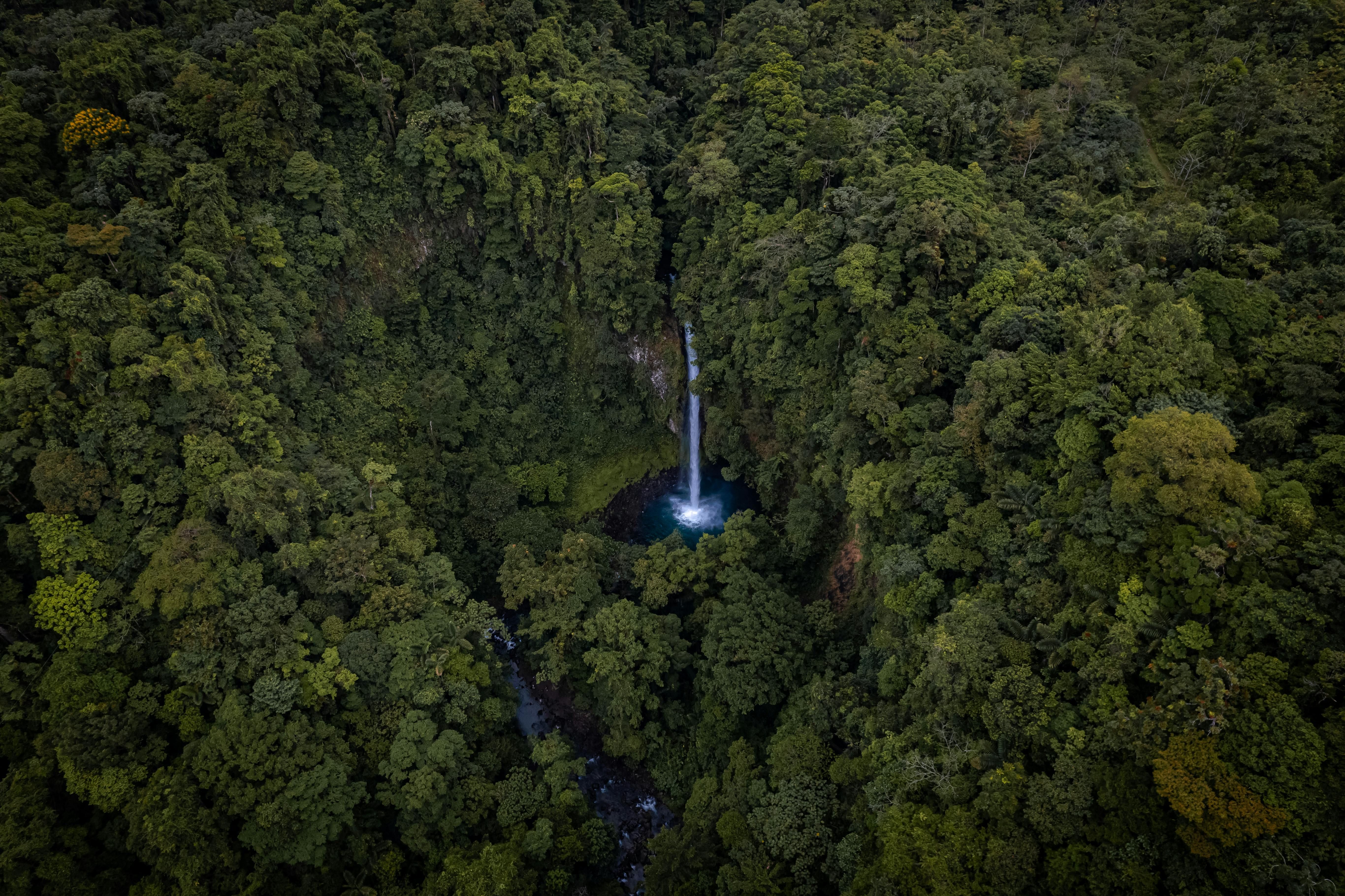
film
The teachings of Kawsak Sacha, the Living Forest
In the fifth week of Tree of Life, our course with Imaginal, special guest Nina Gualinga, an indigenous woman leader from the Kichwa community of Sarayaku in the Ecuadorian Amazon, shares with us her ancestral concept, practice and worldview of the Living Forest, Kawsak Sacha. She explains what it means to live this practice: cultivating deep relationship with the more-than-human, living and conscious beings in what we call nature. She explains why this traditional knowledge was shared with the world: as a call to international solidarity with indigenous communities and territories.